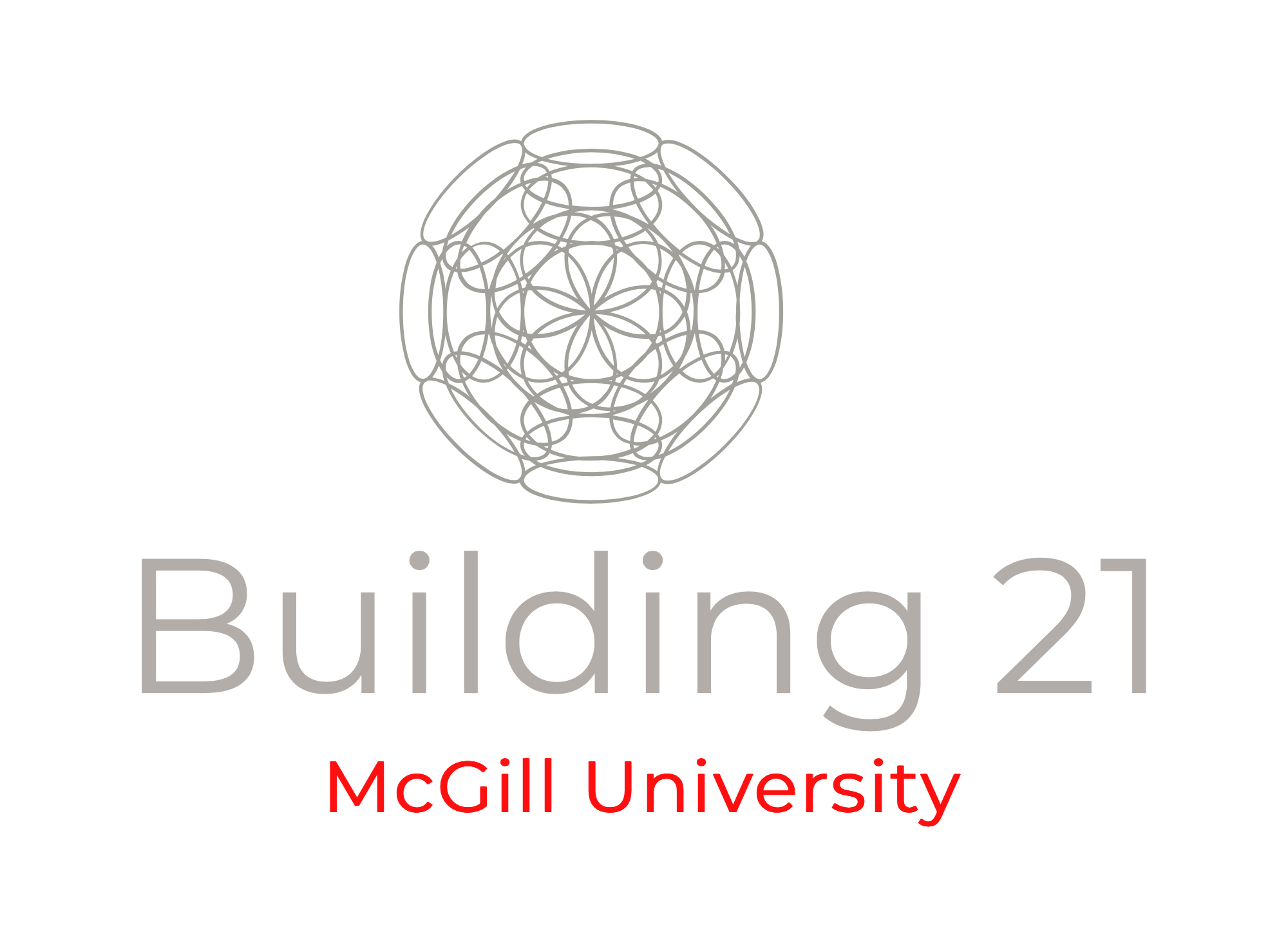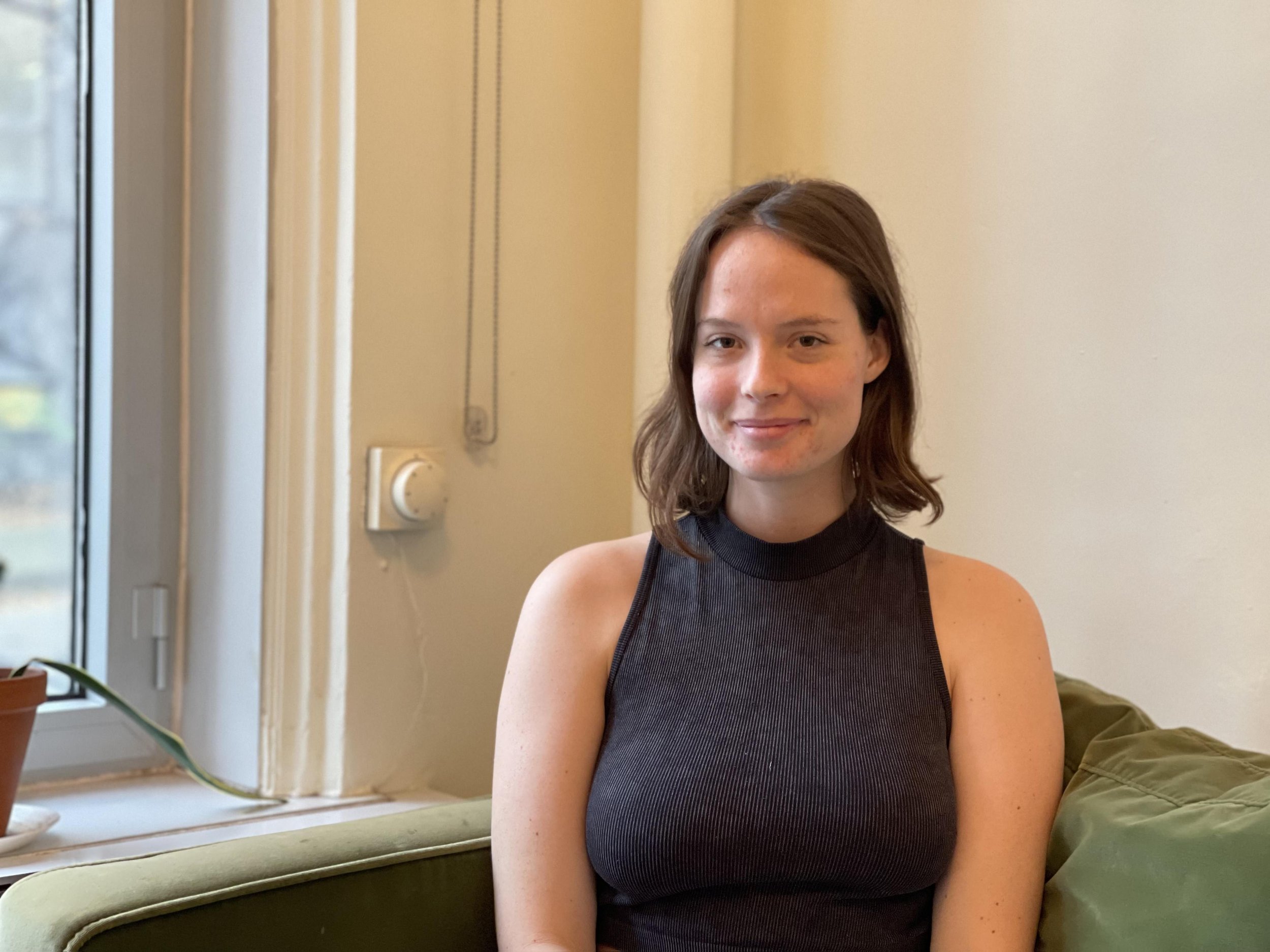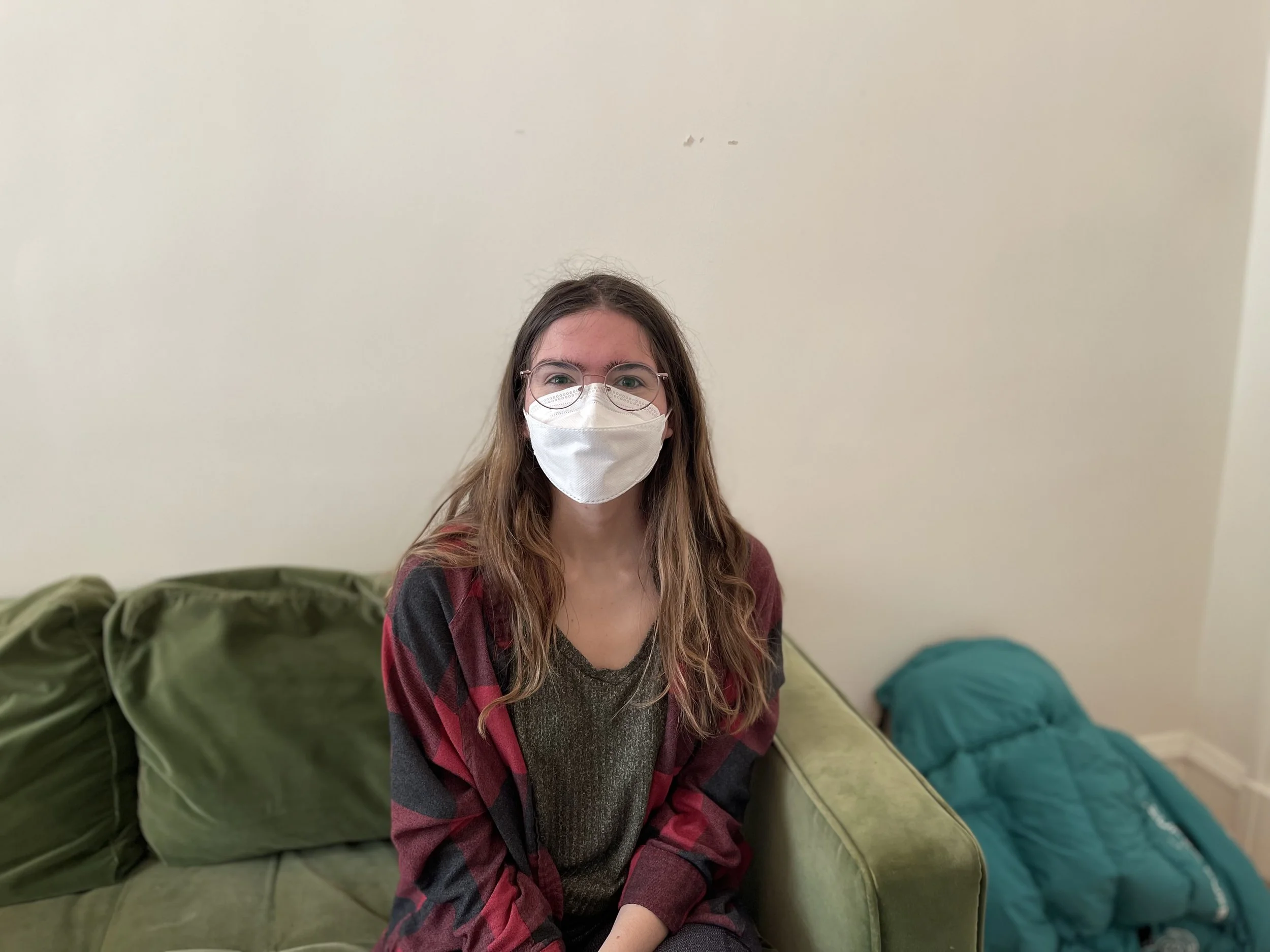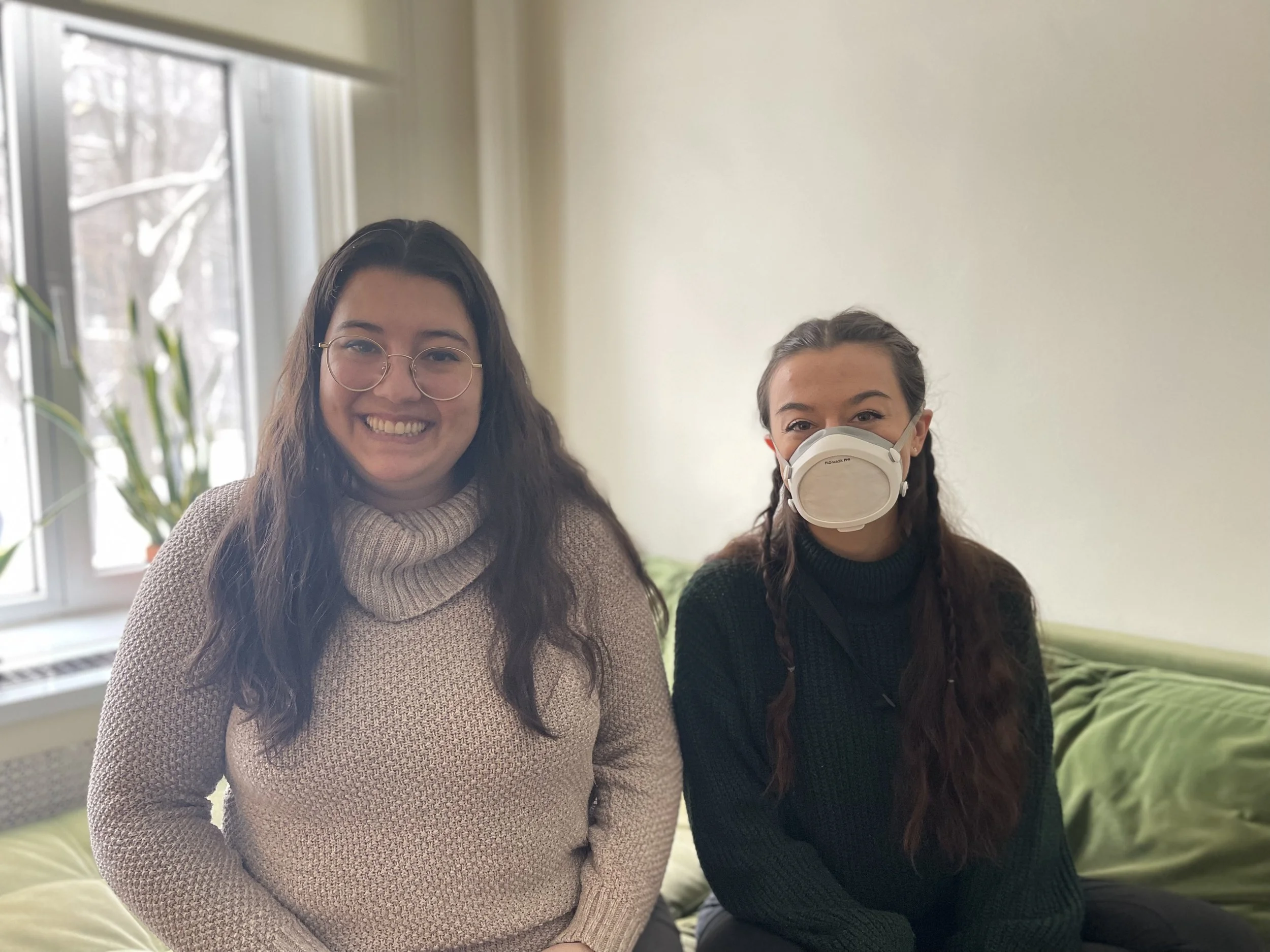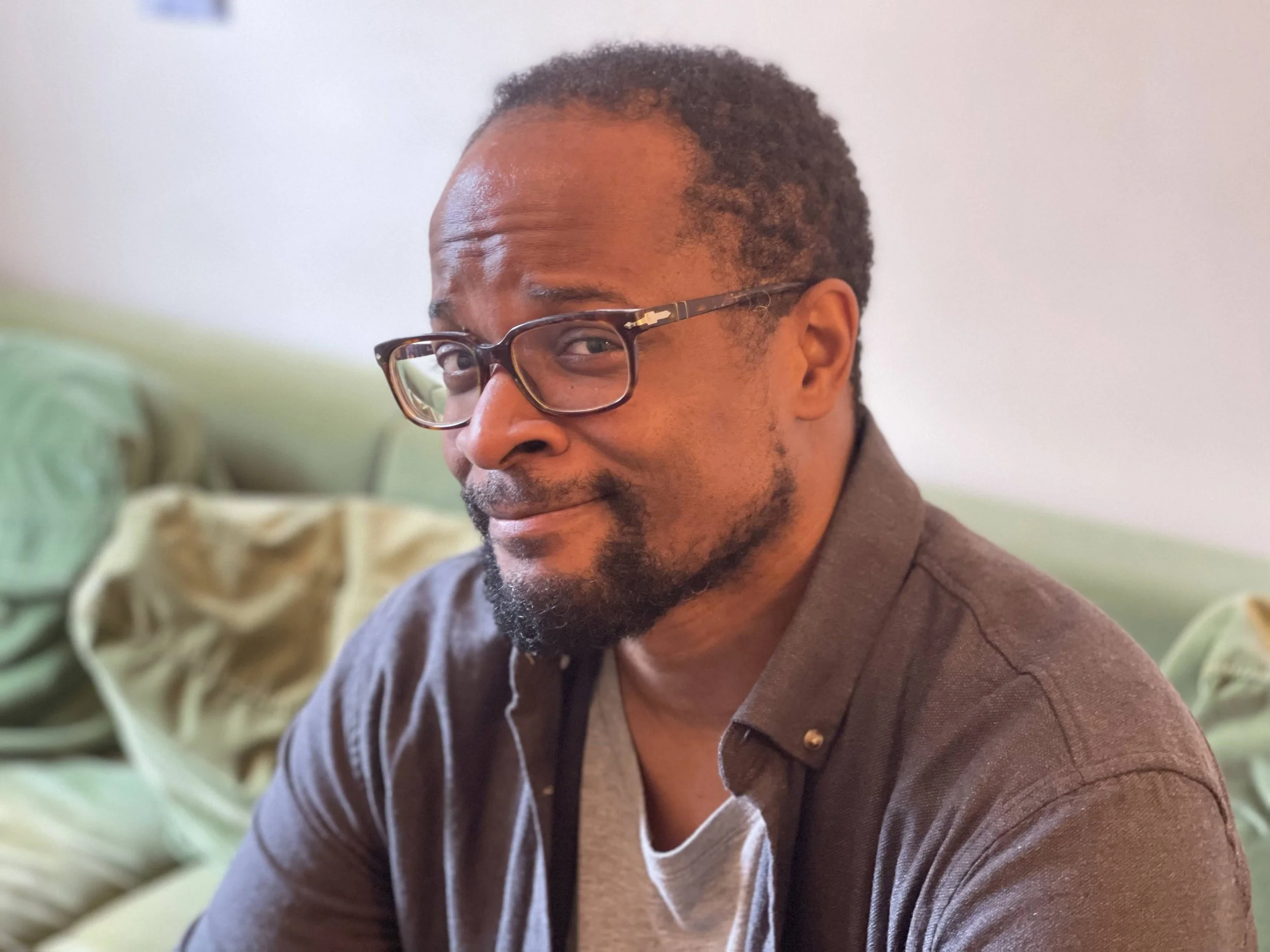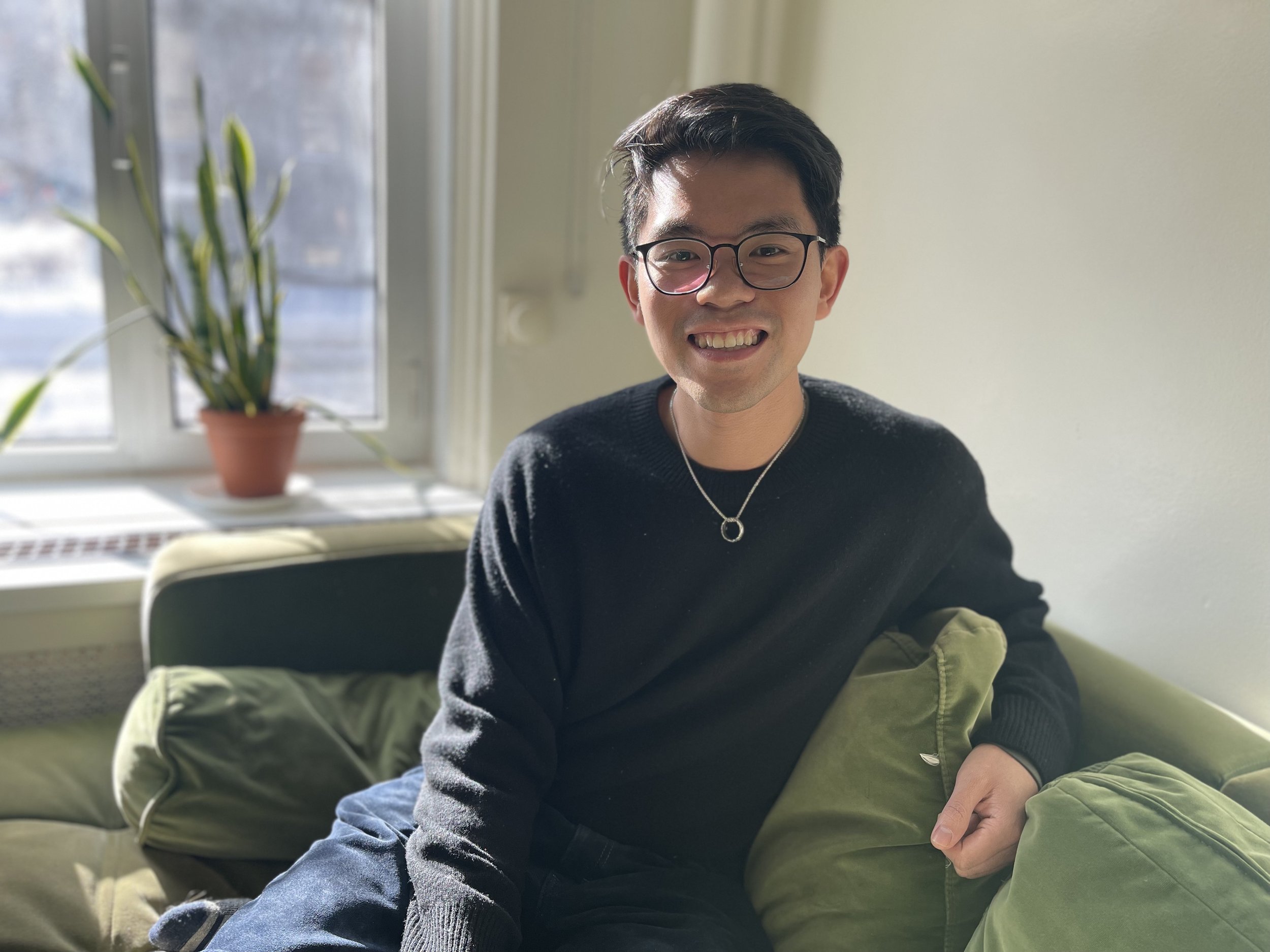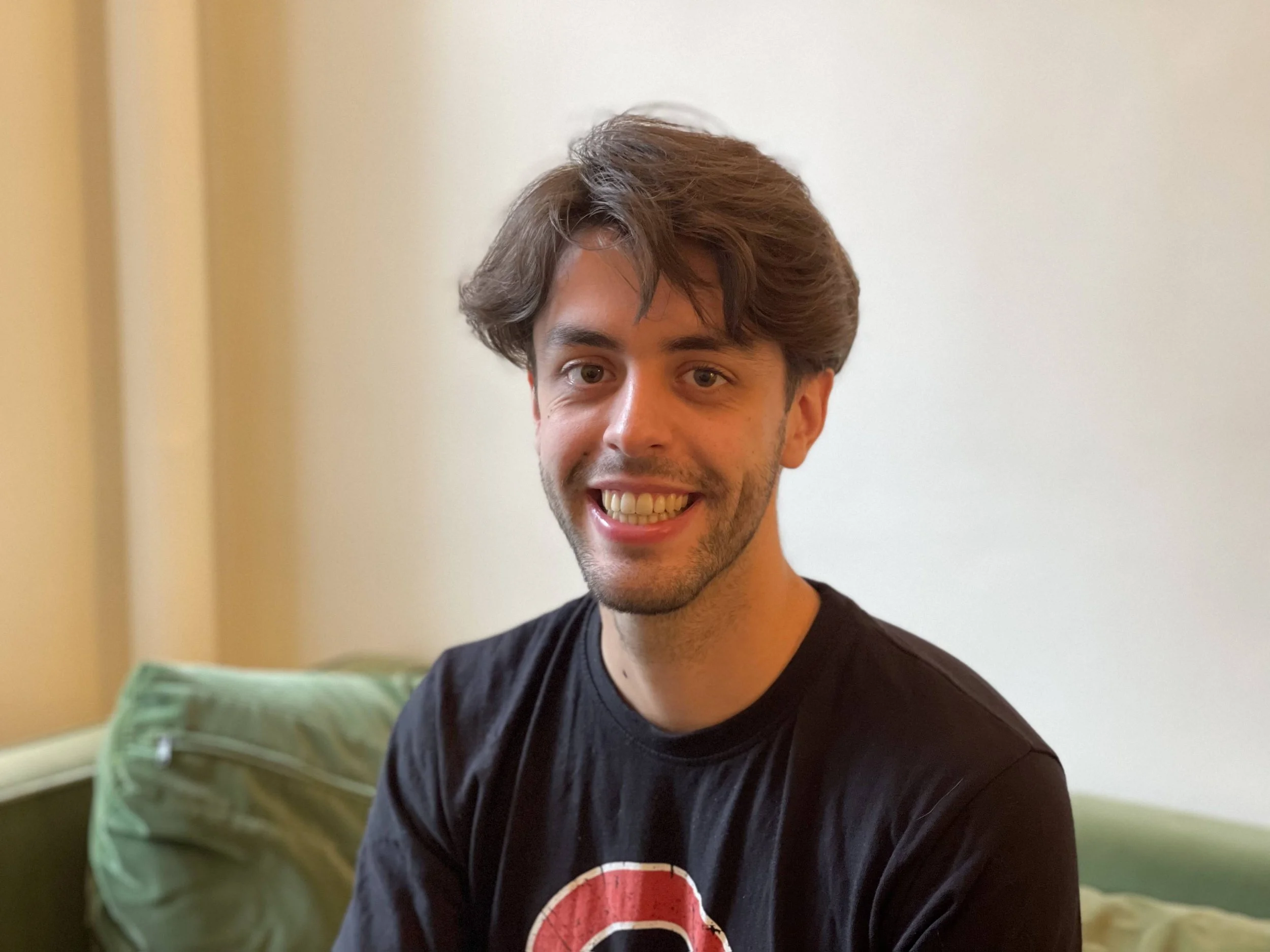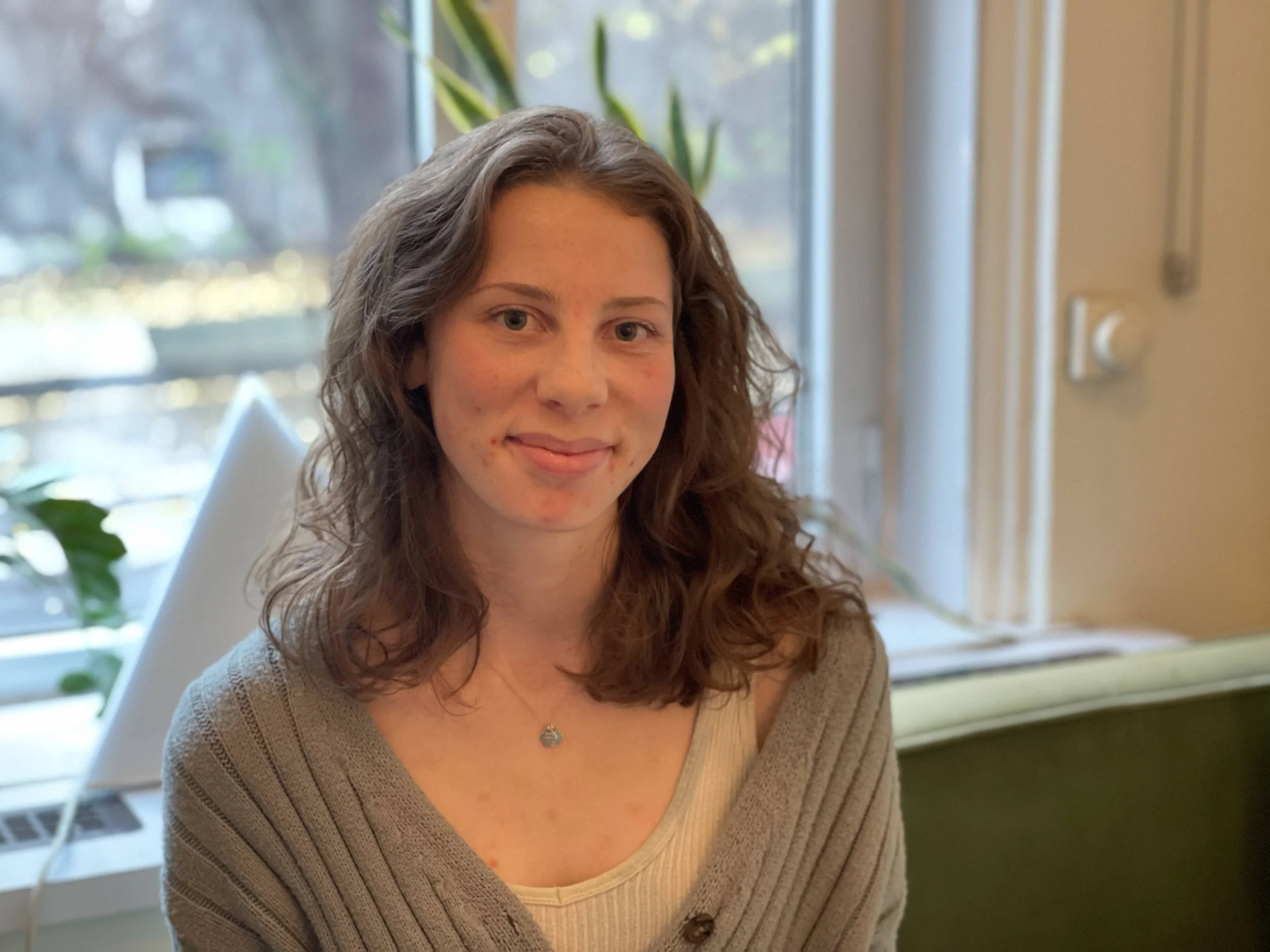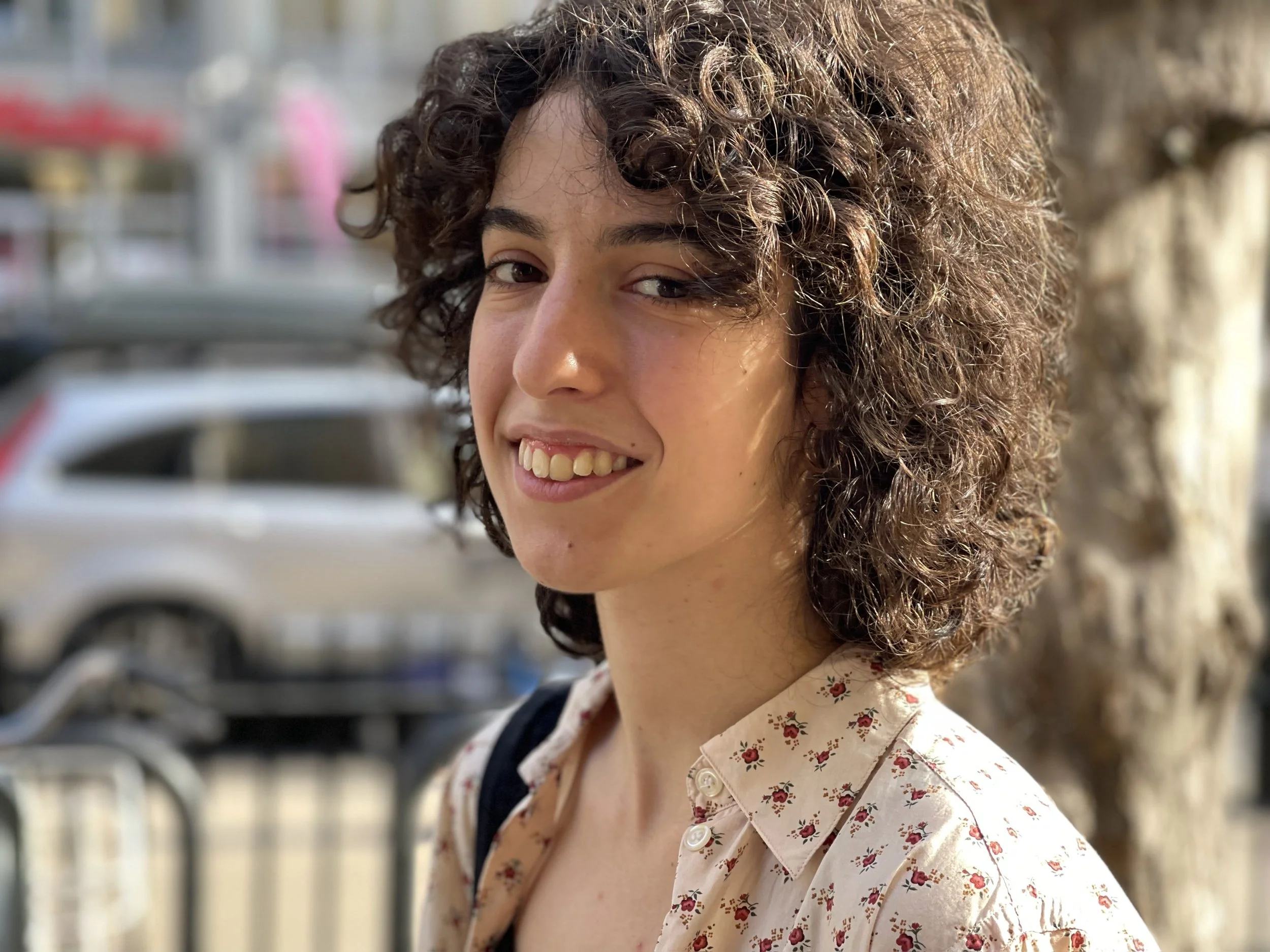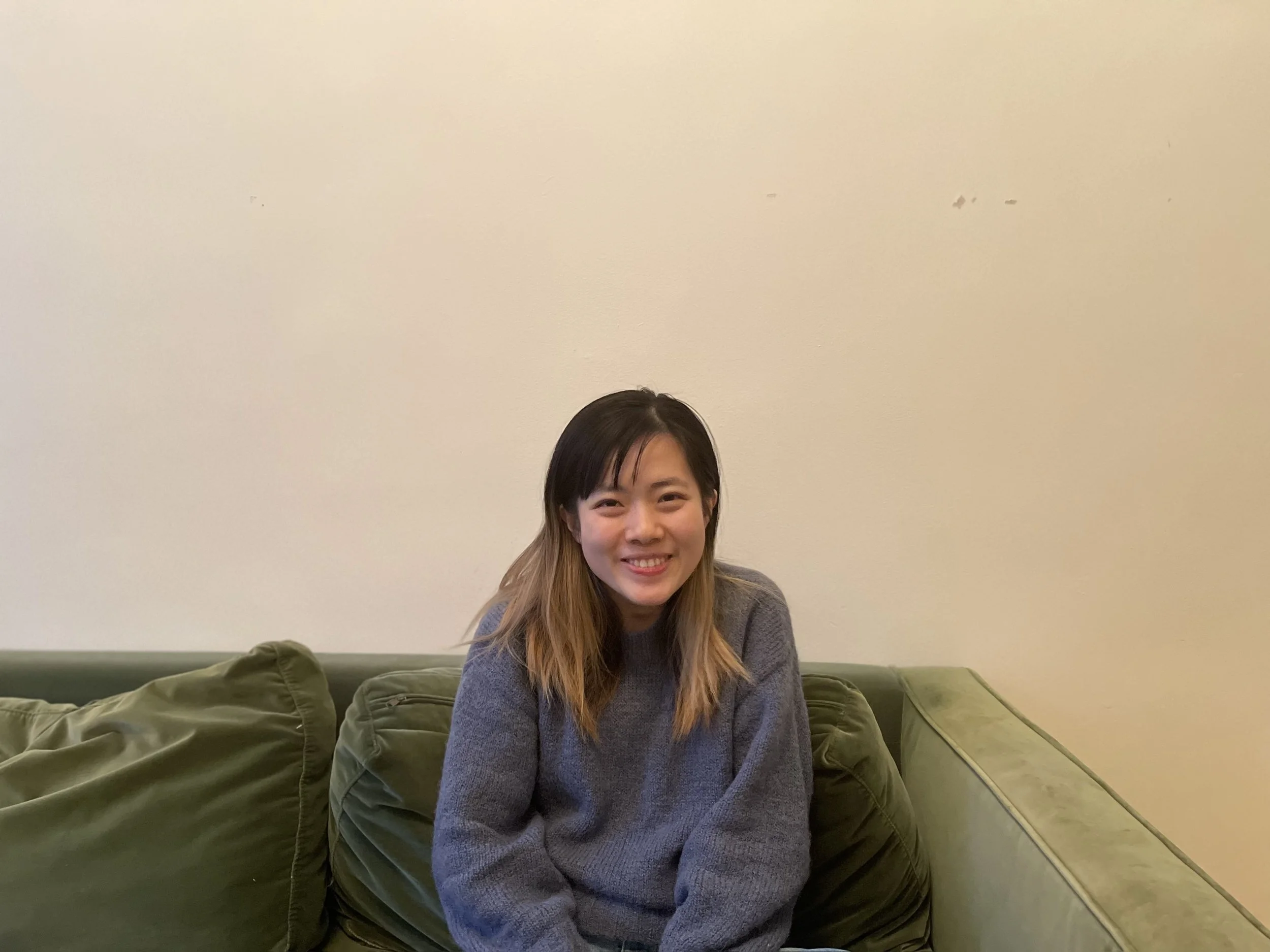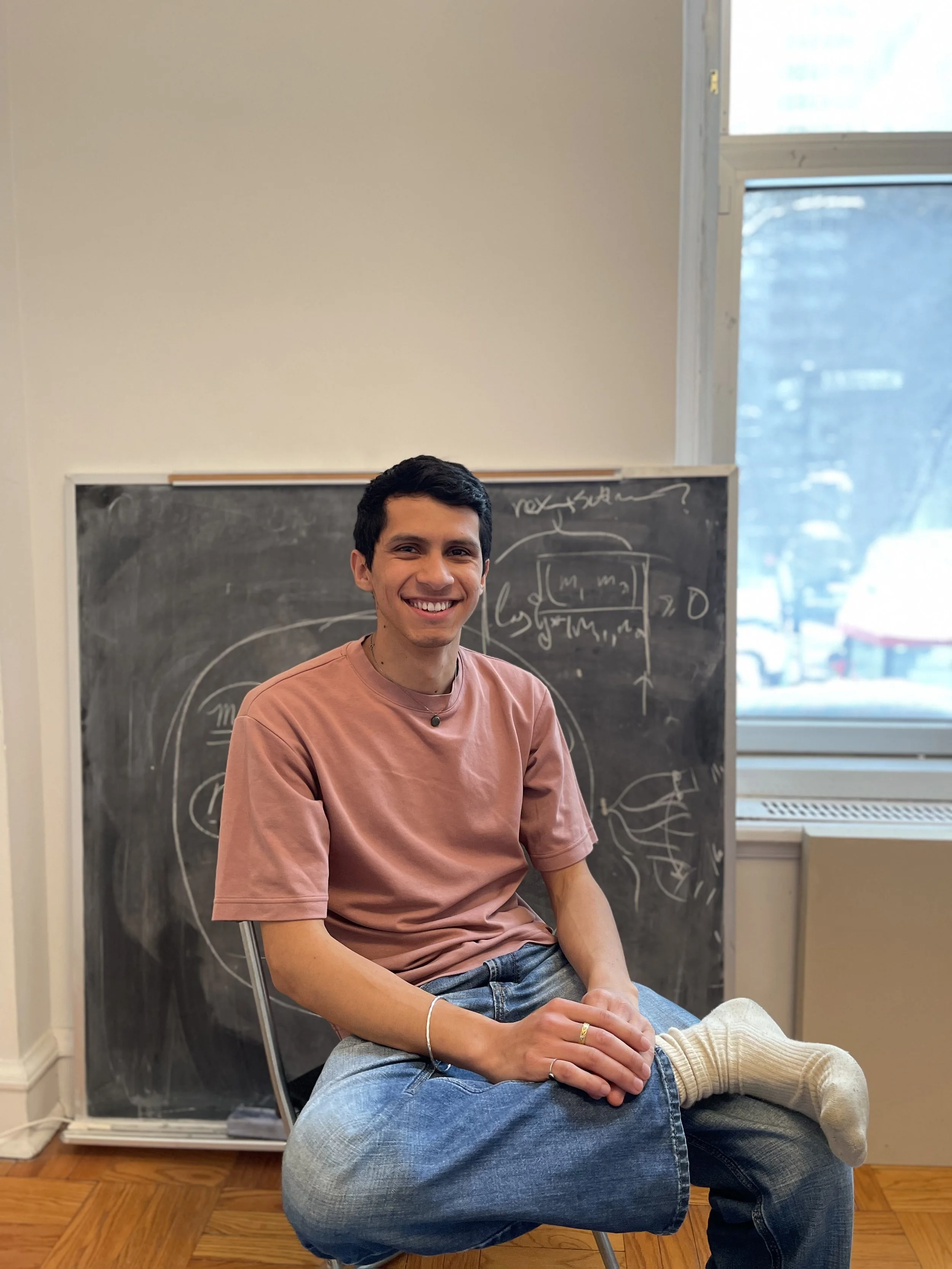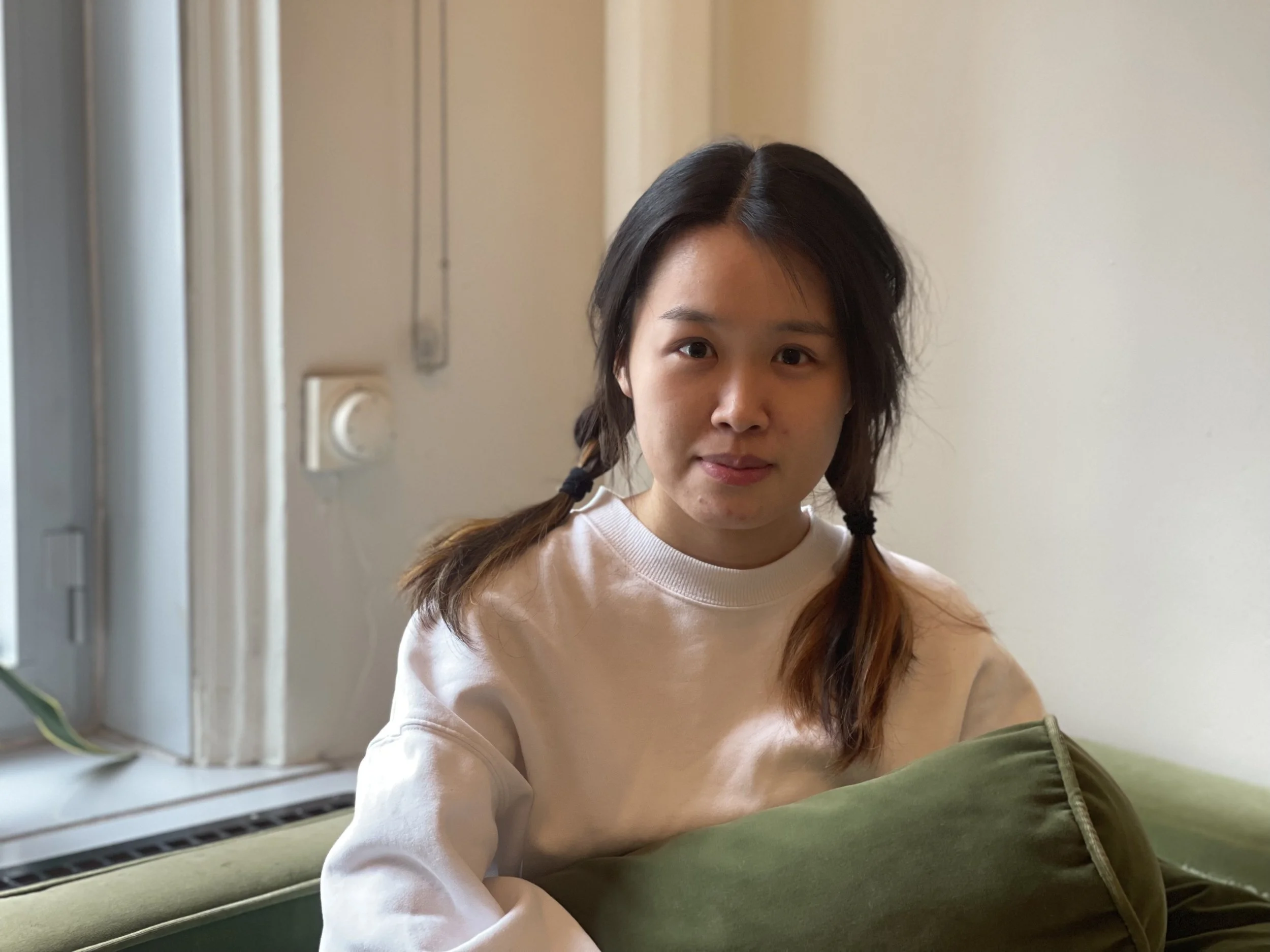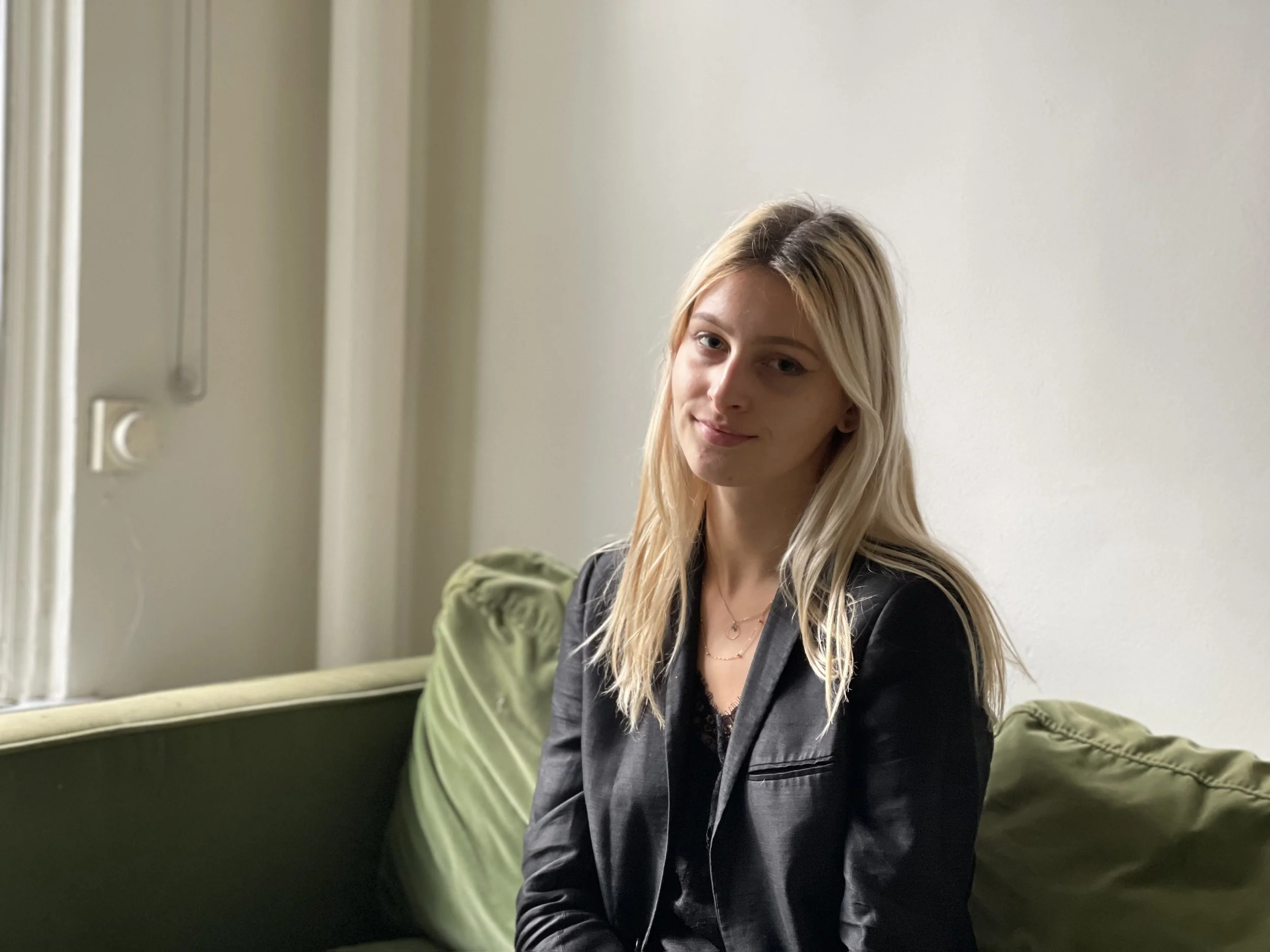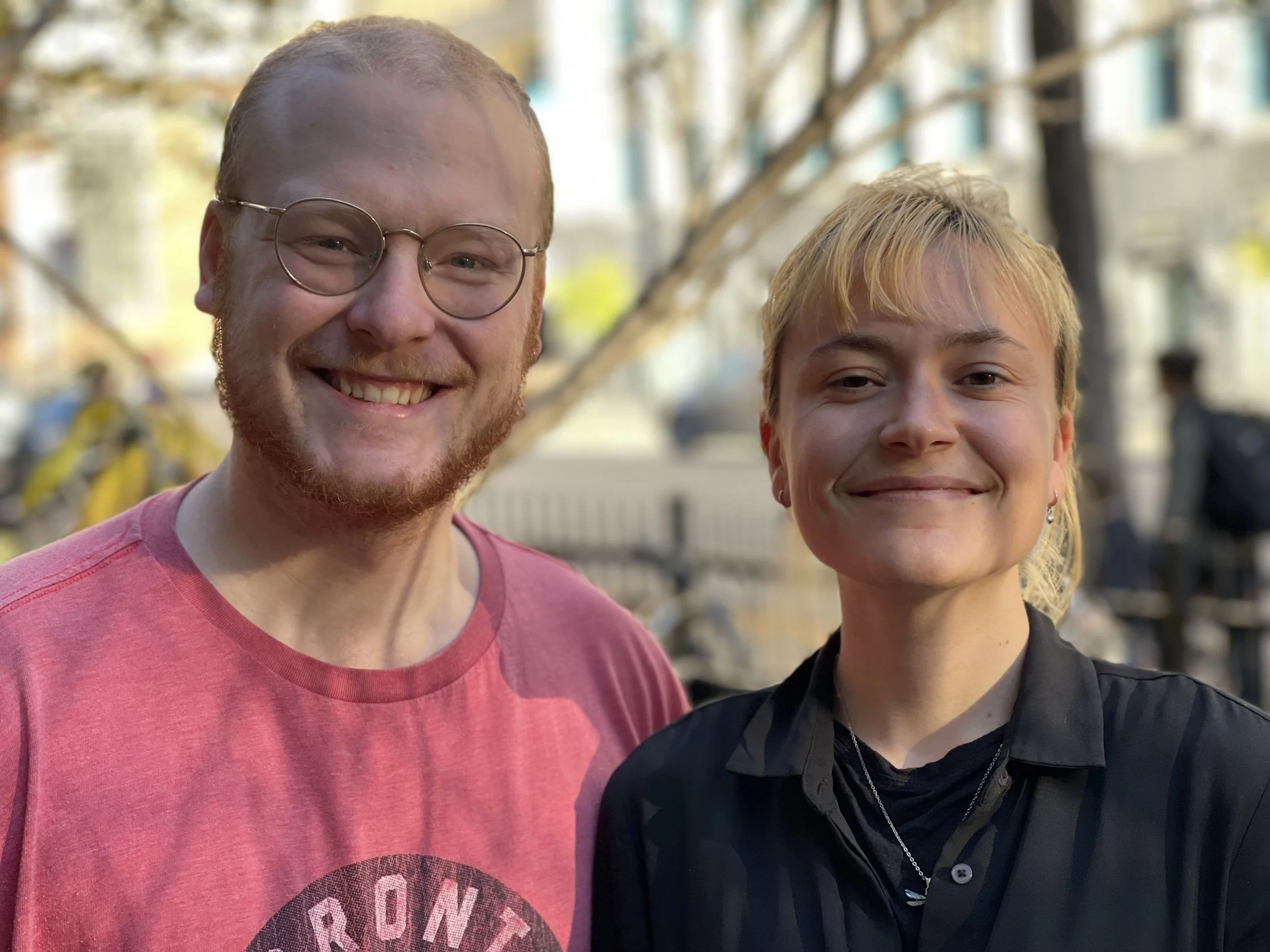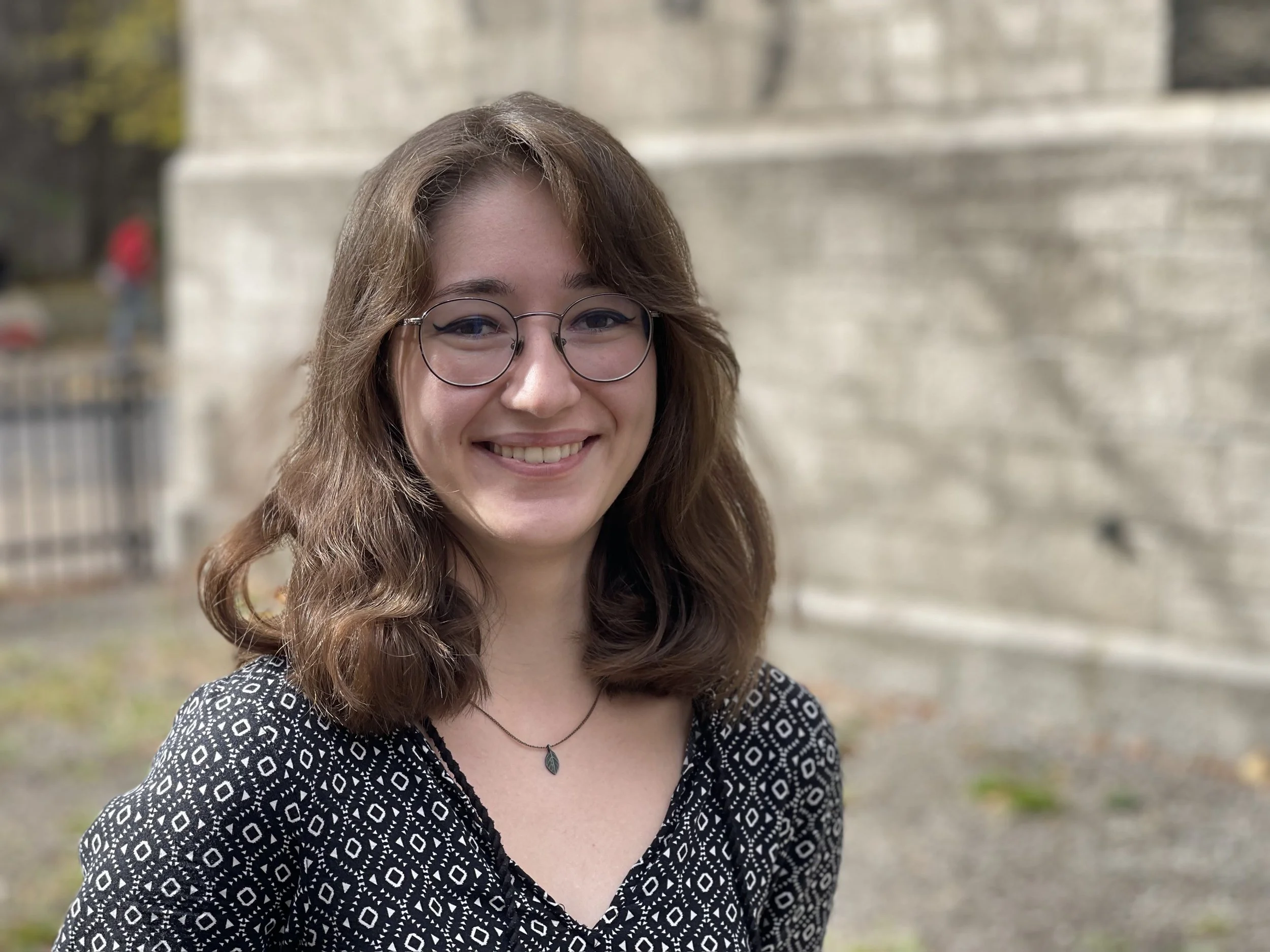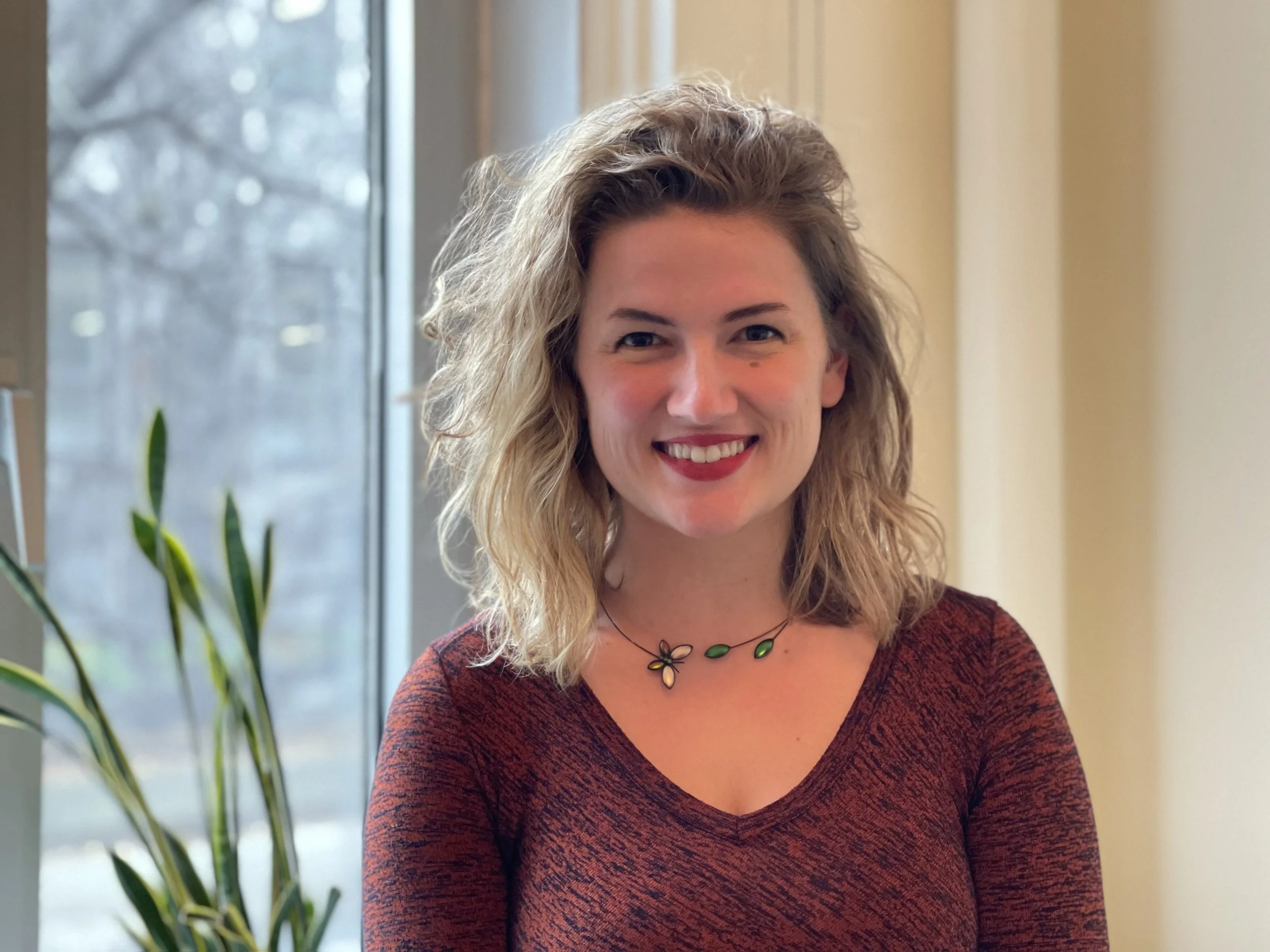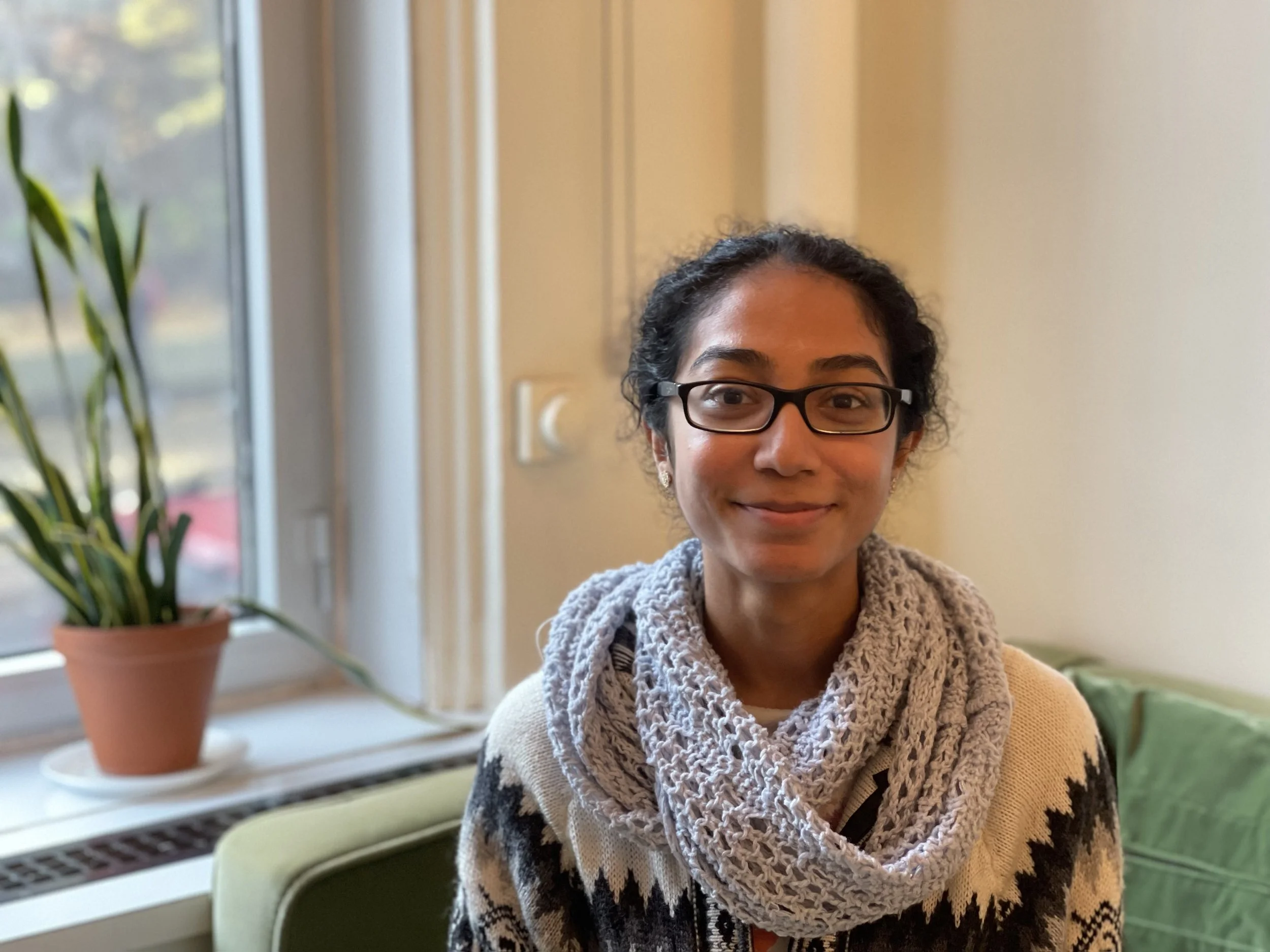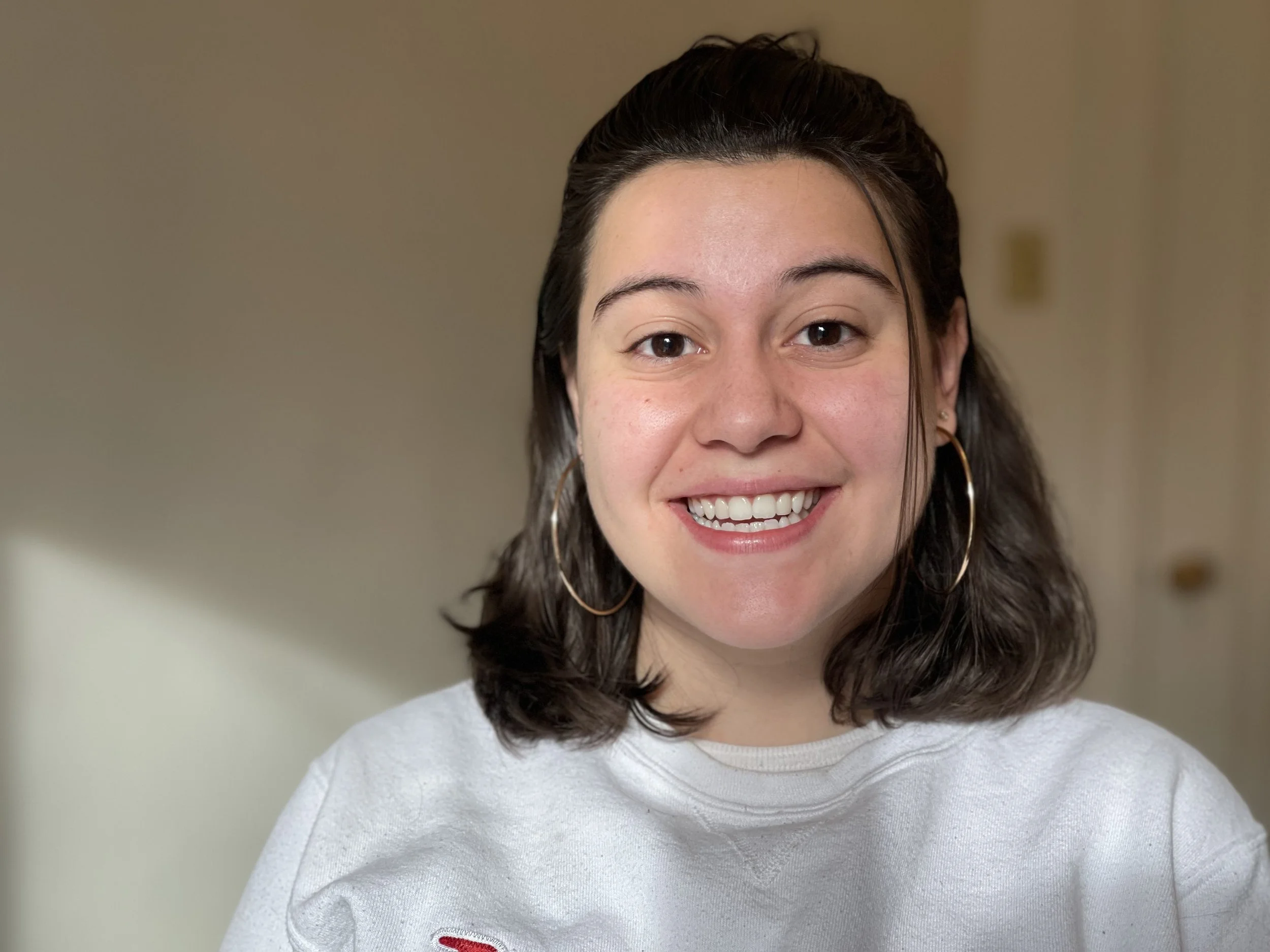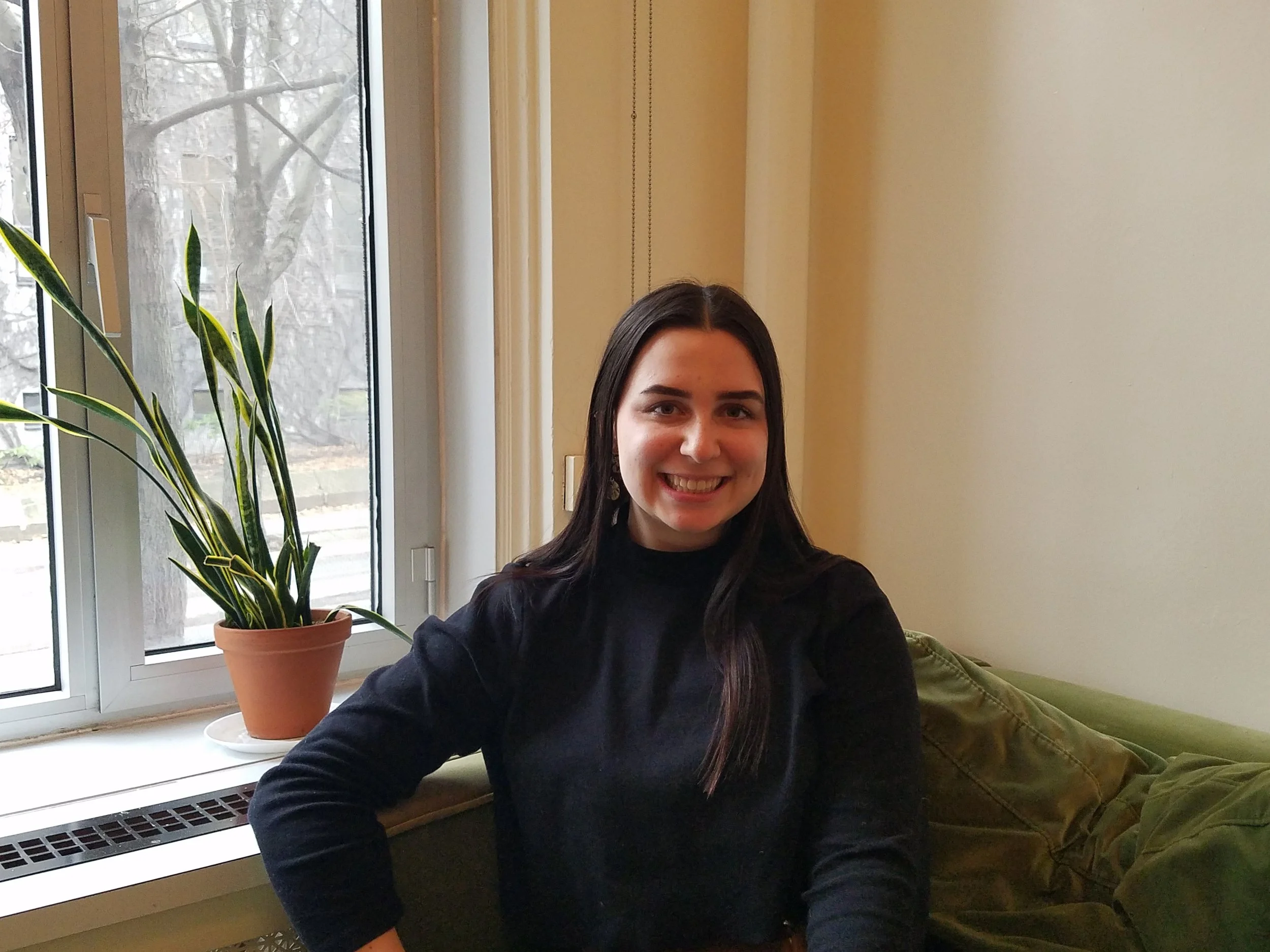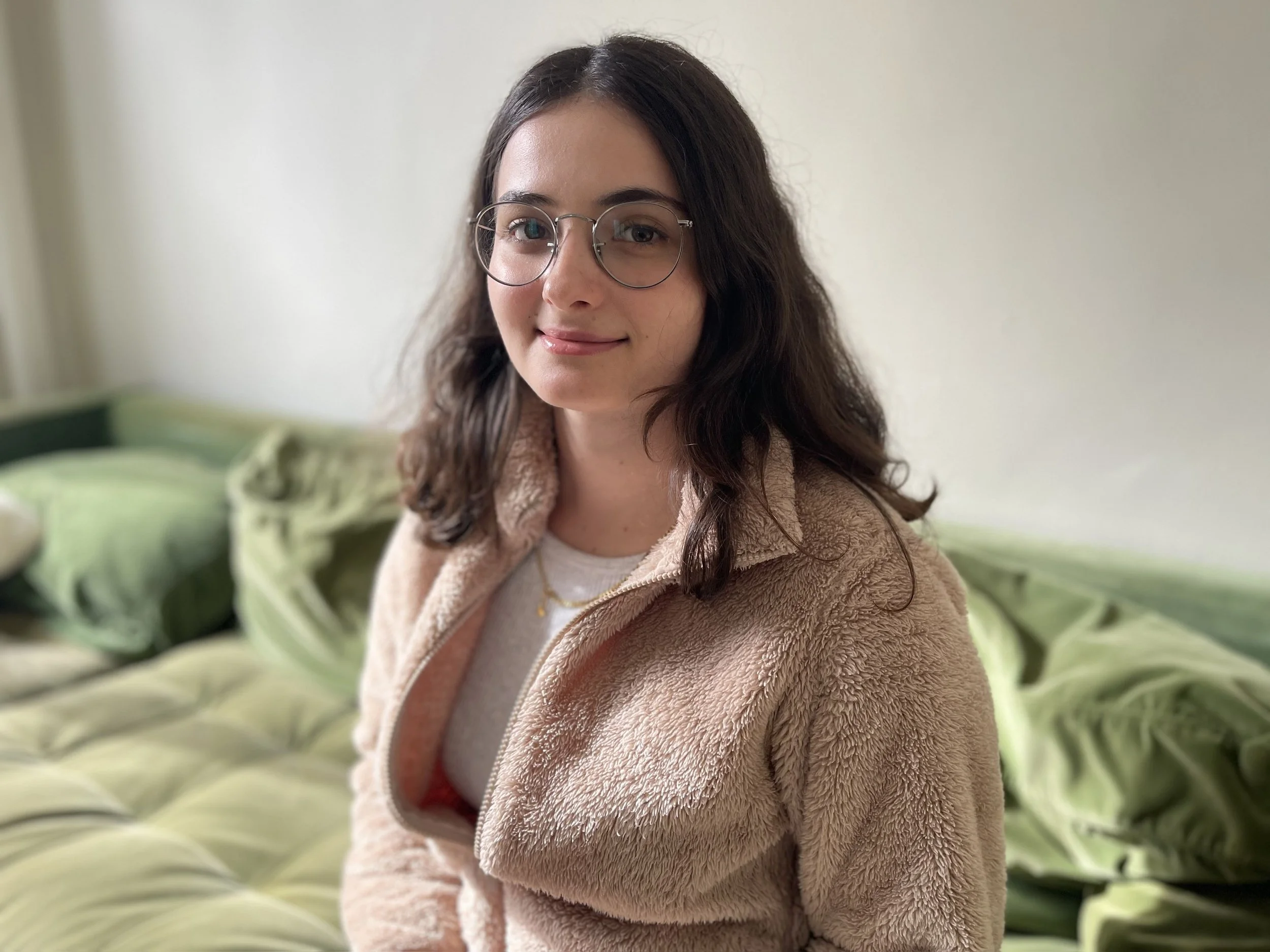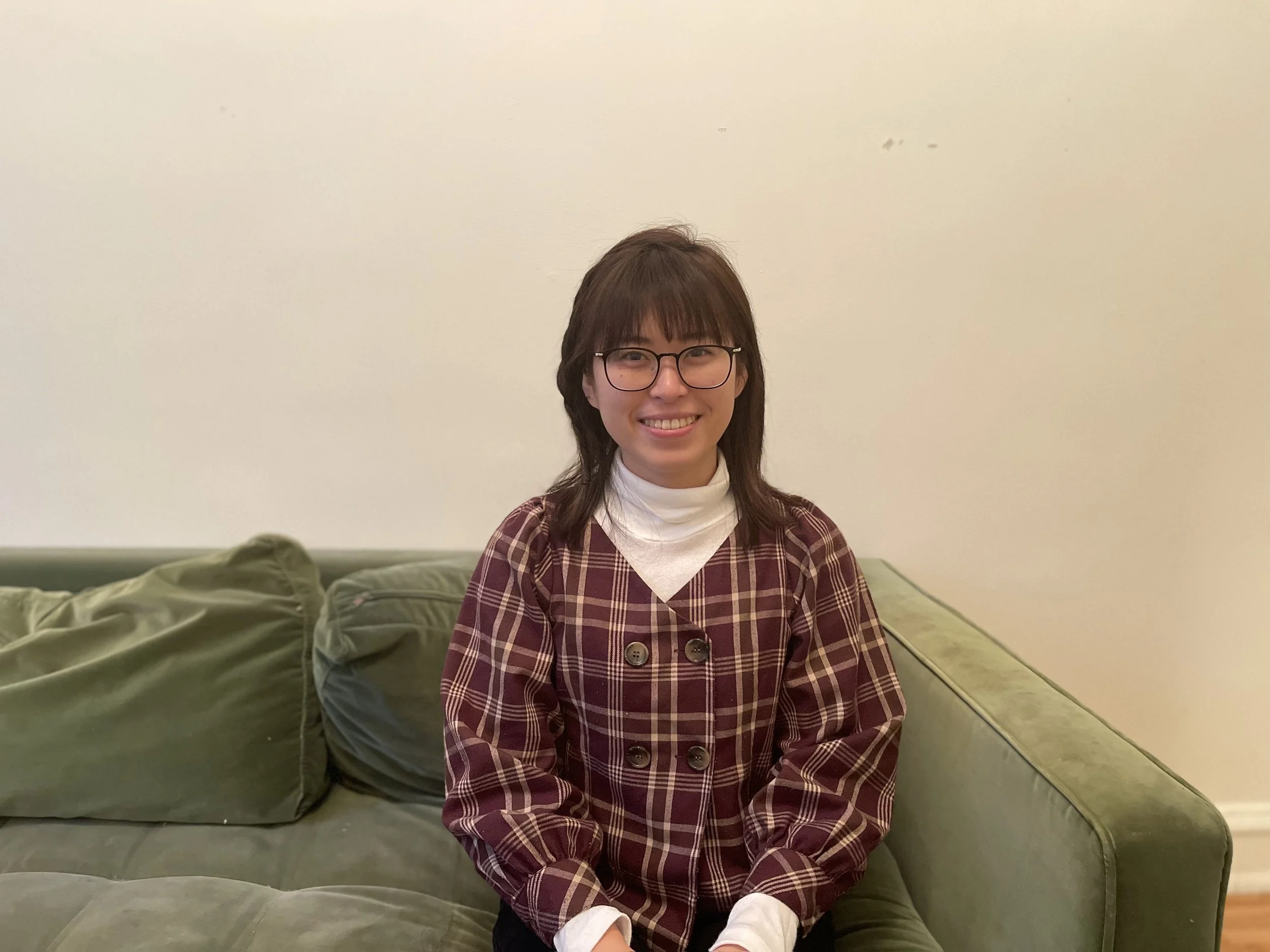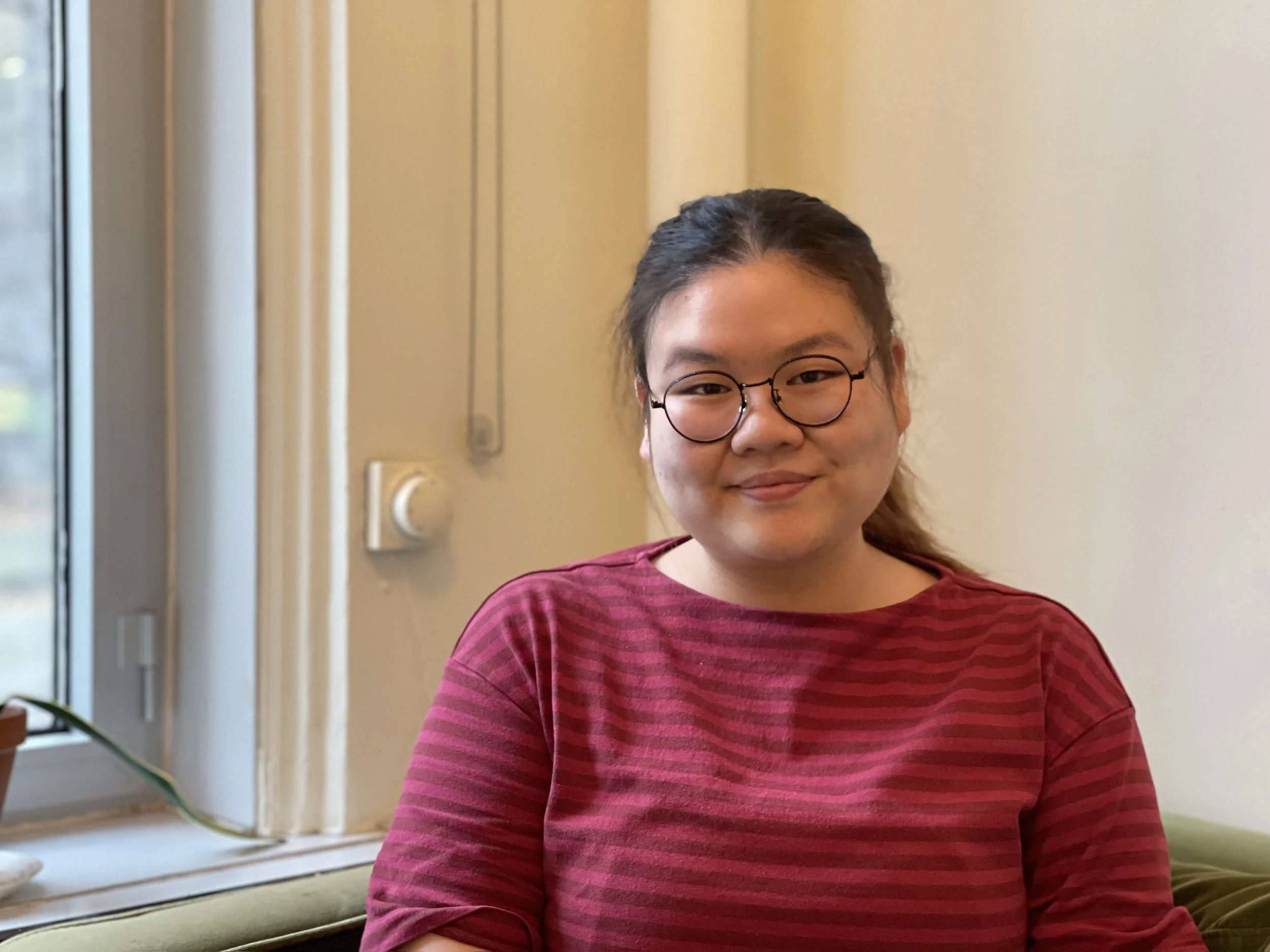Meet our 2022-2023 scholars
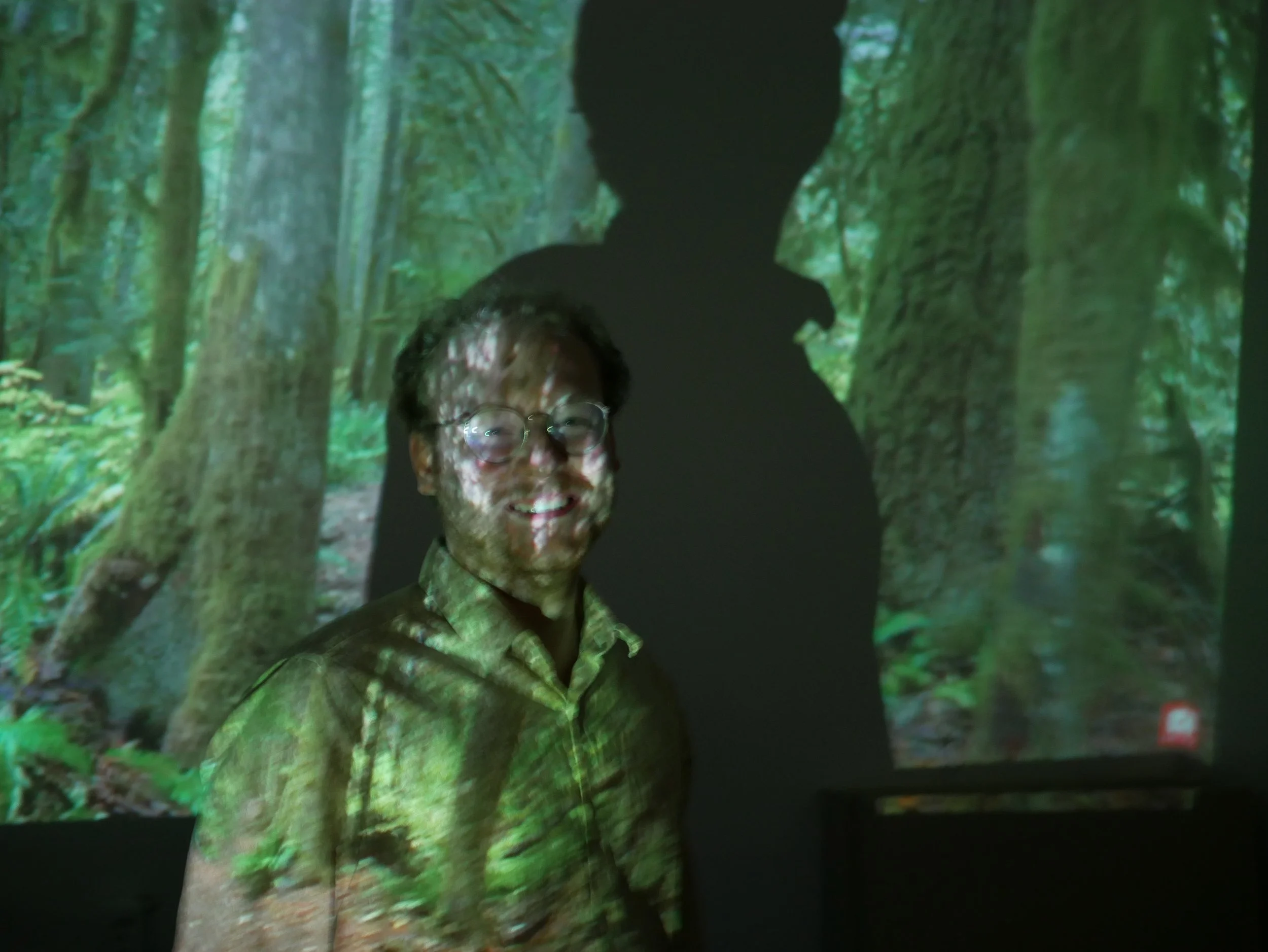
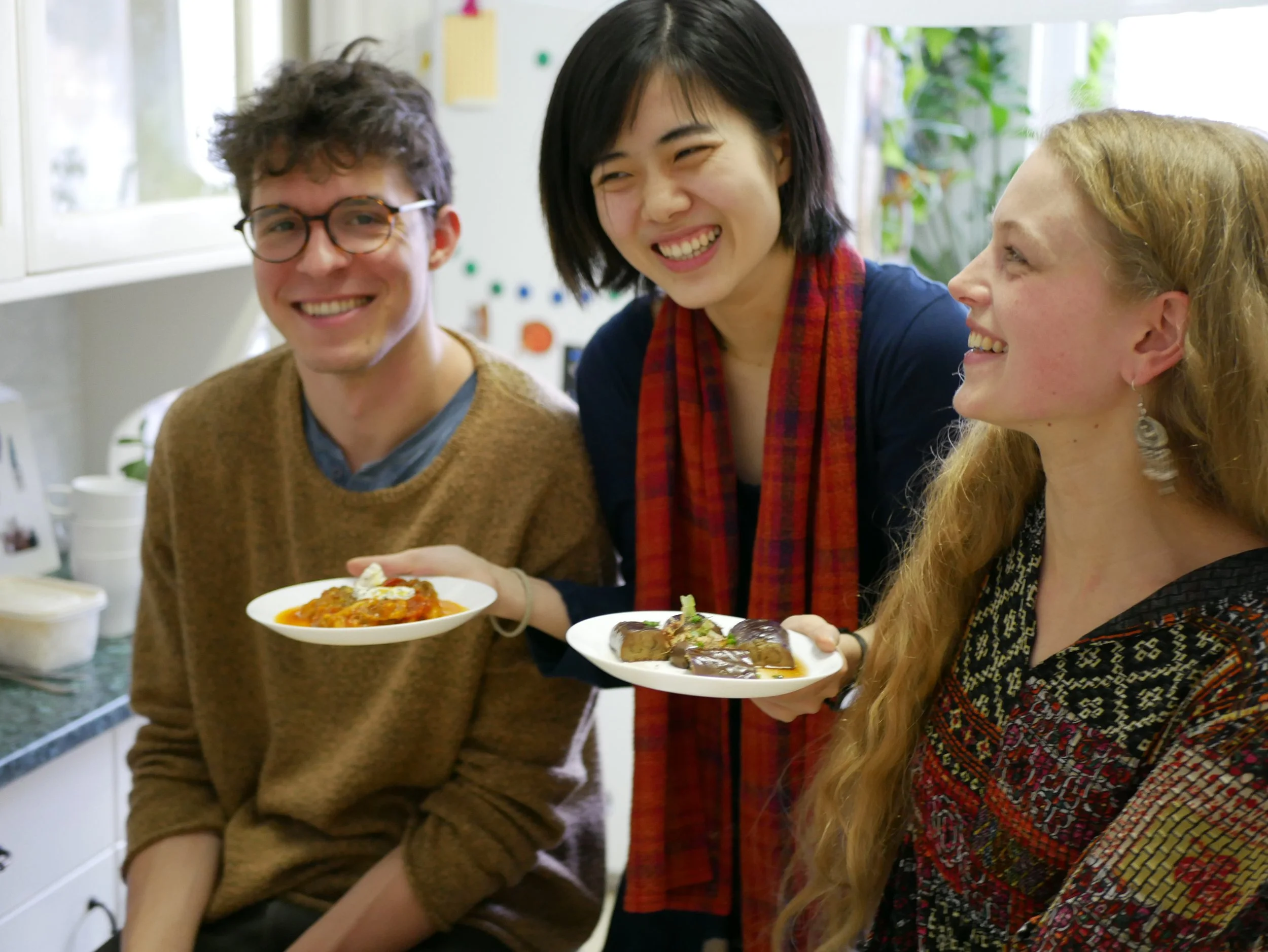
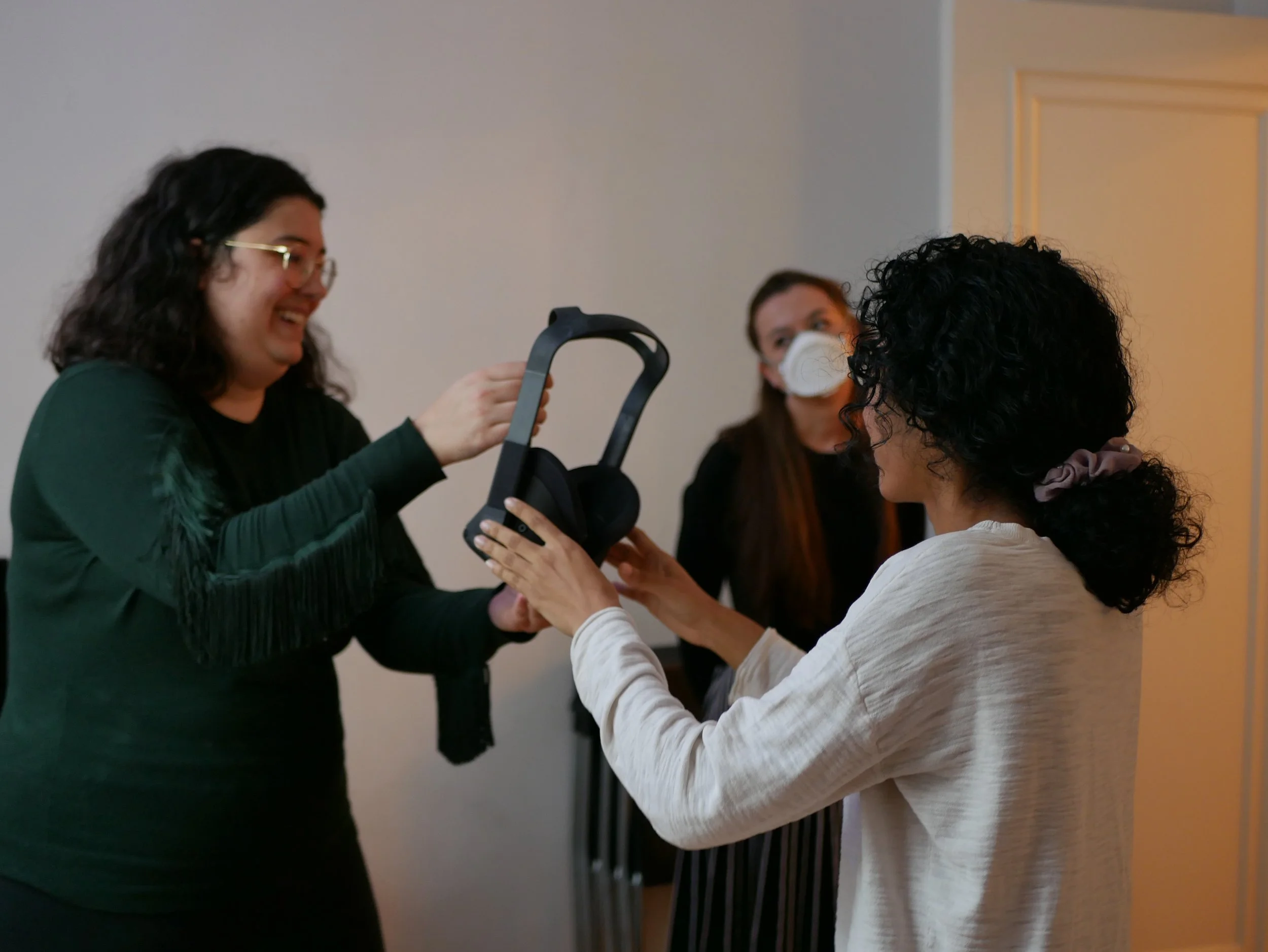
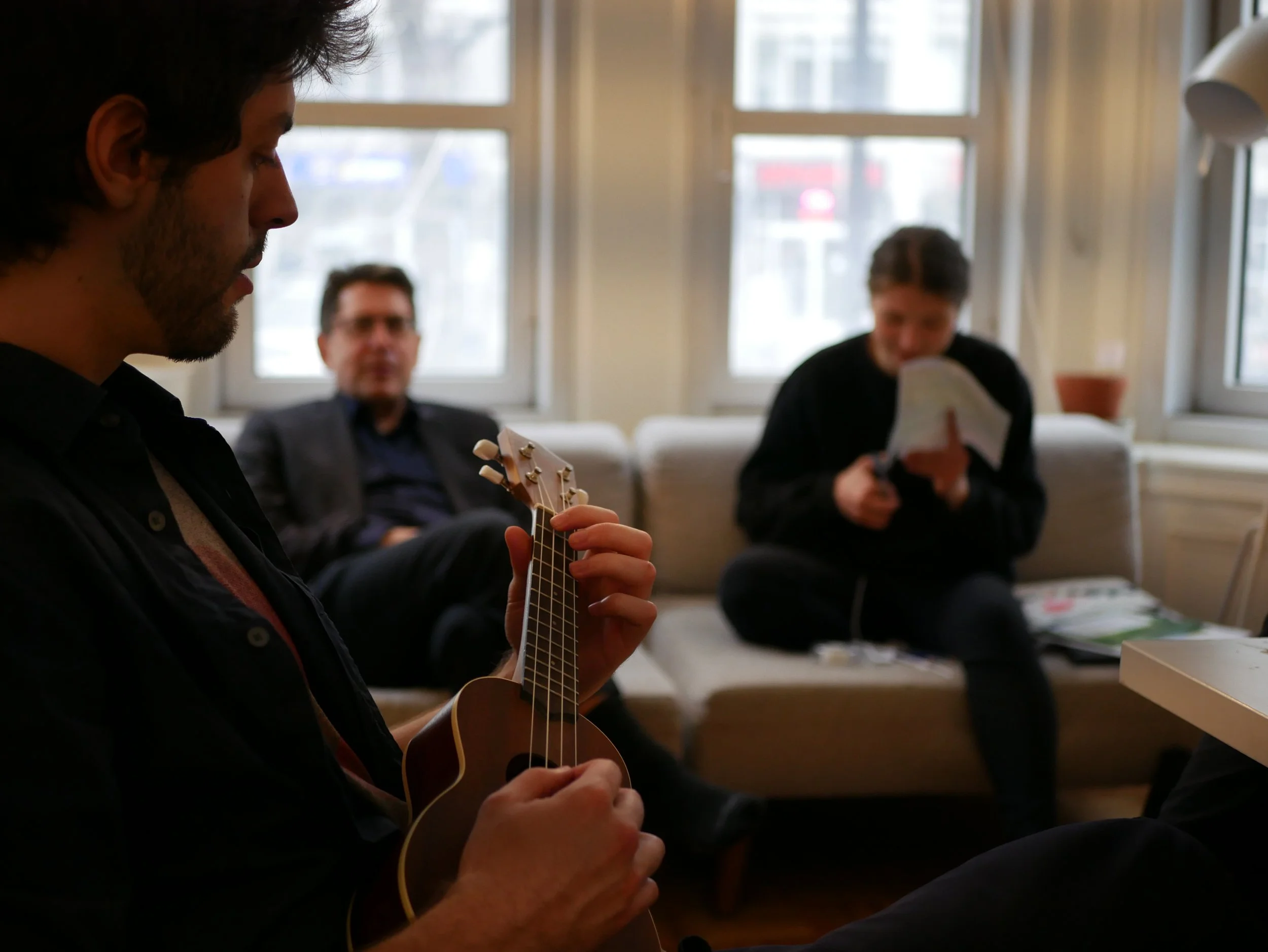
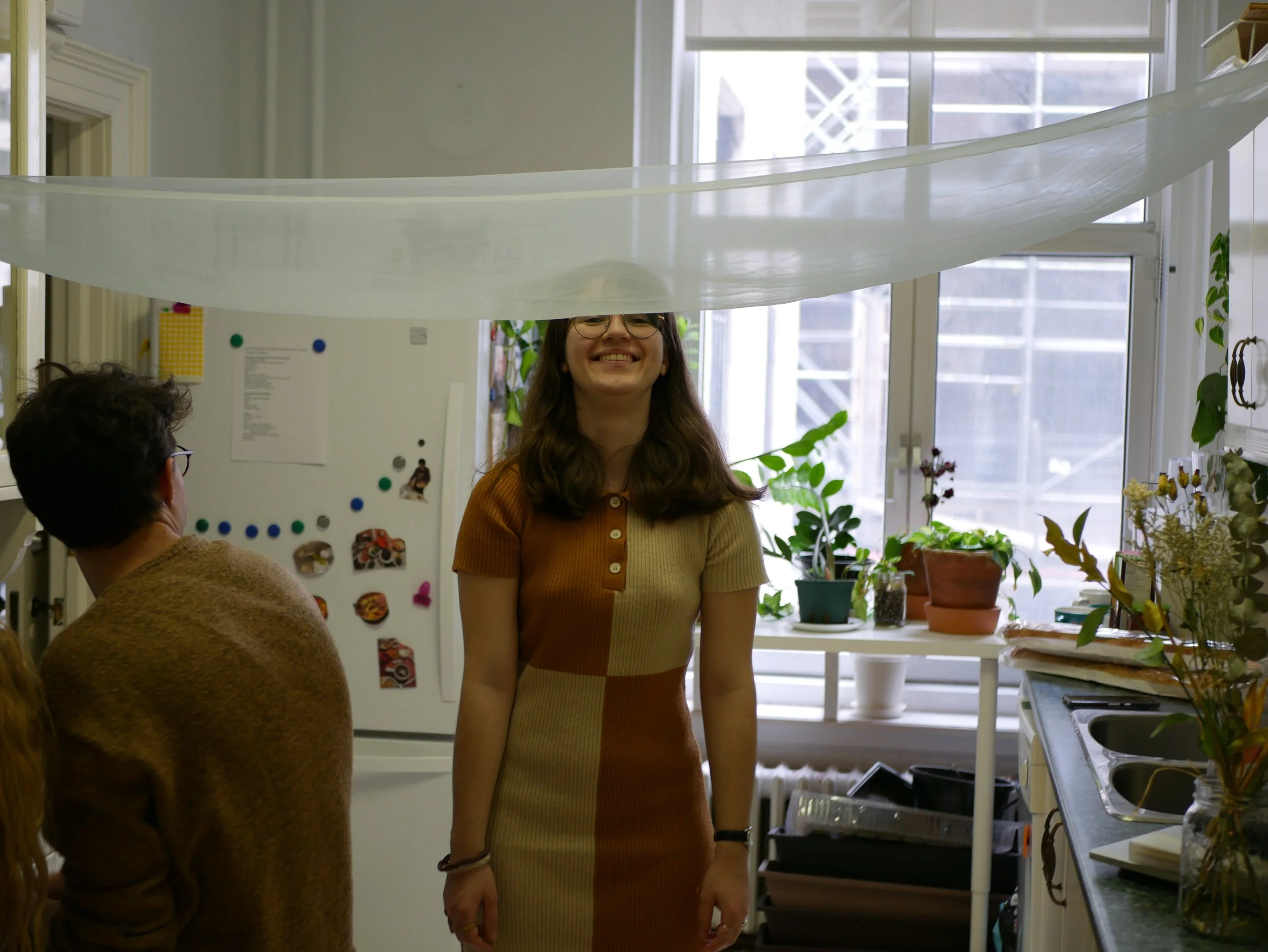
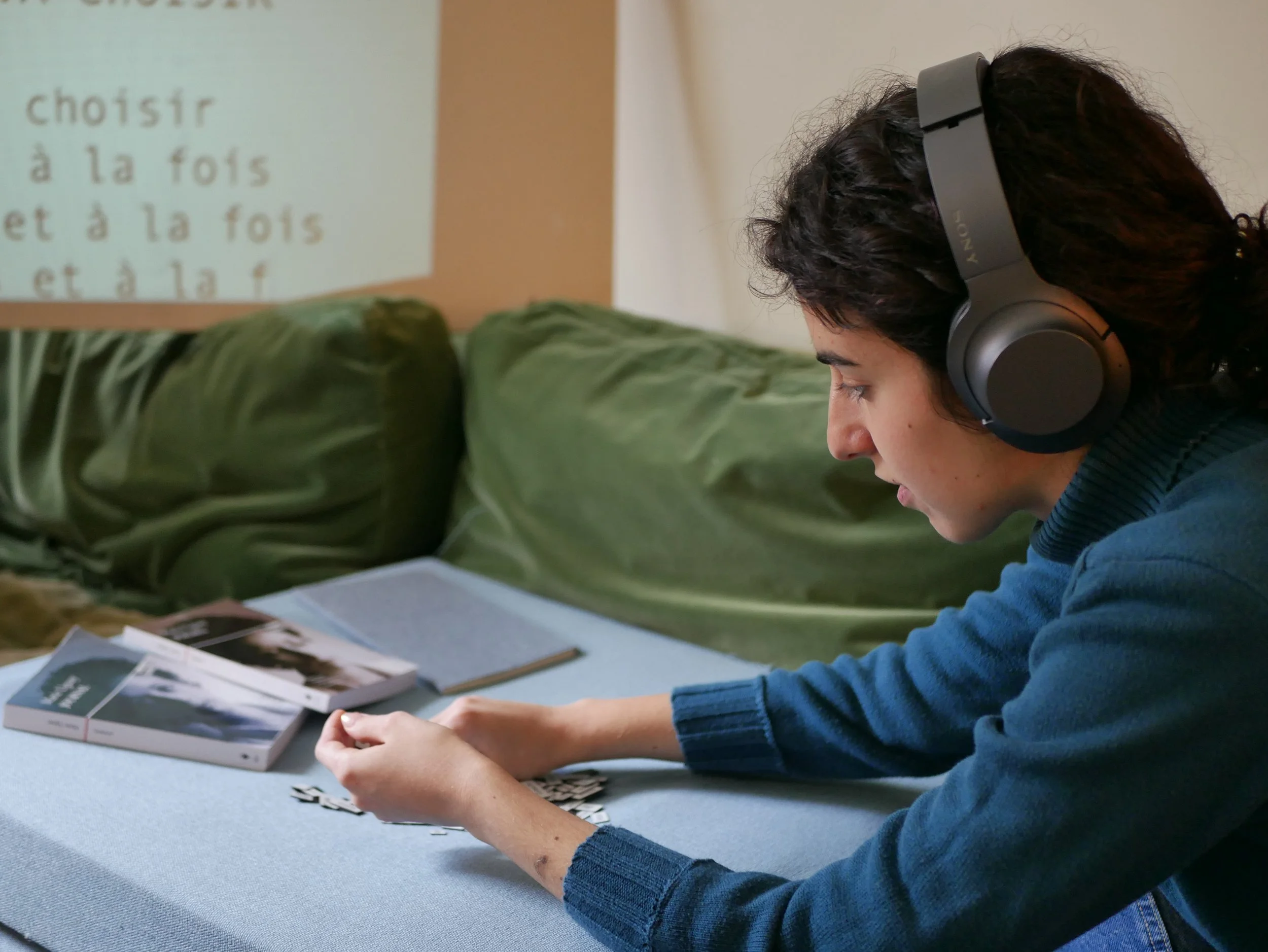
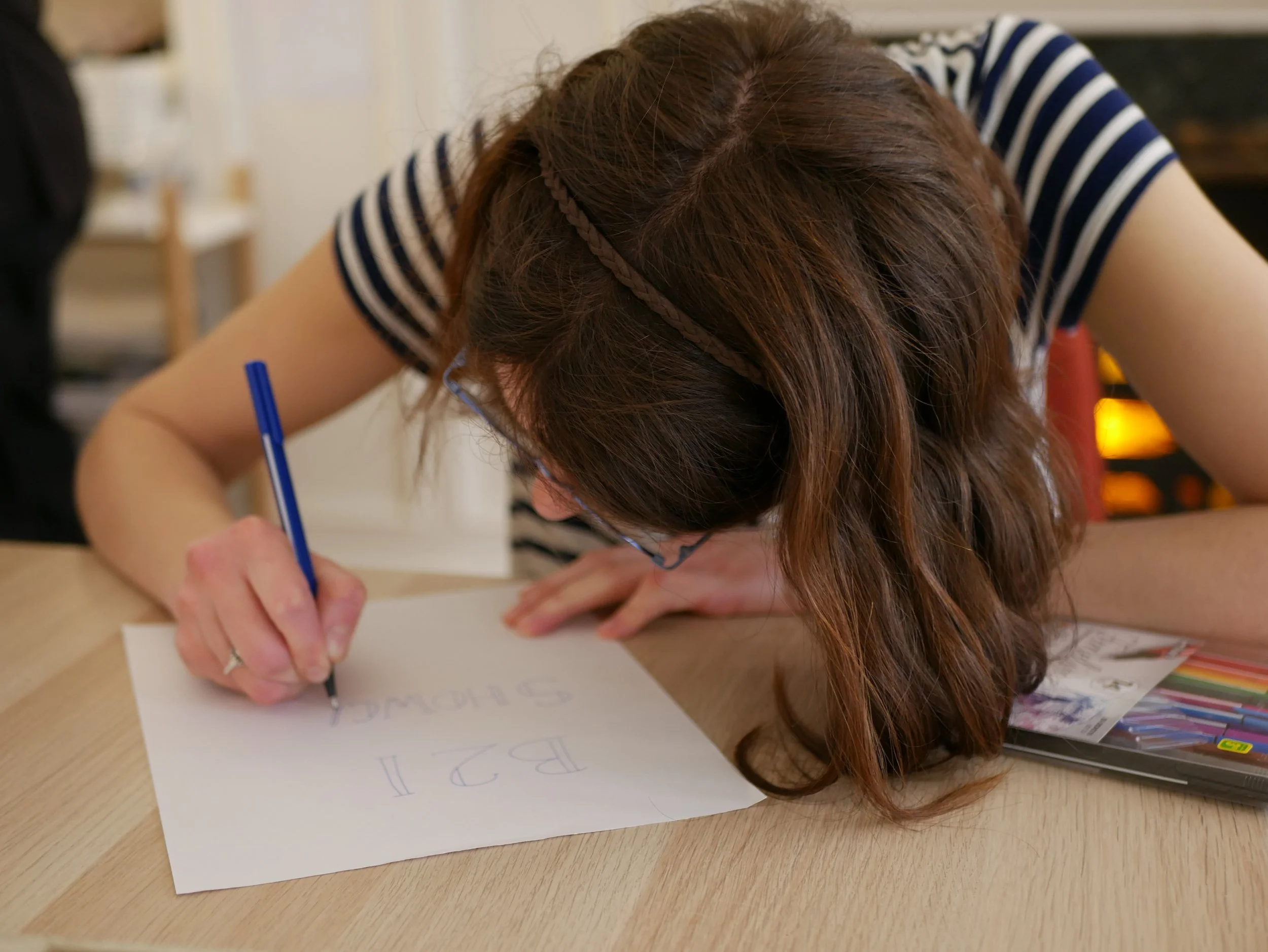
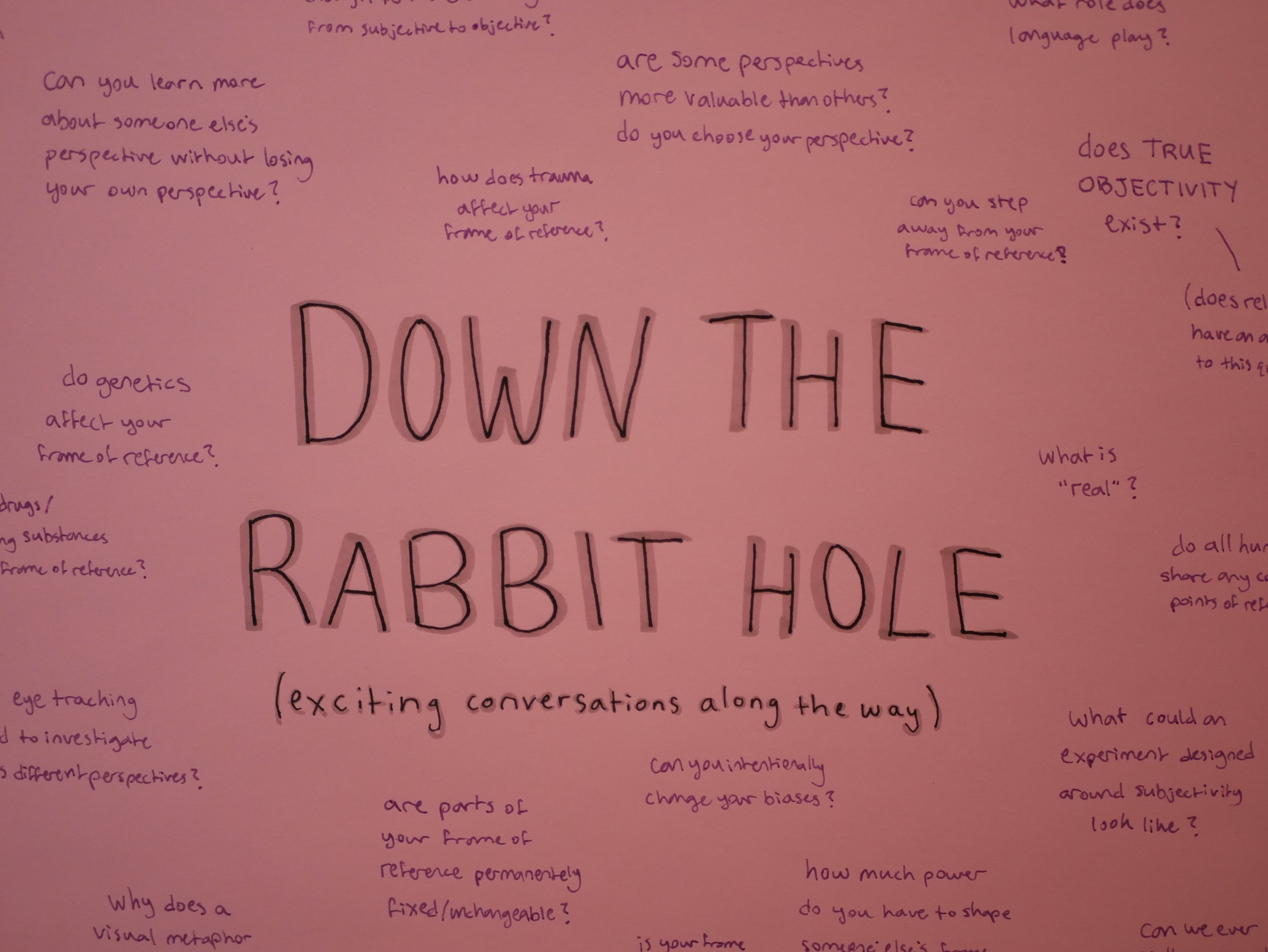
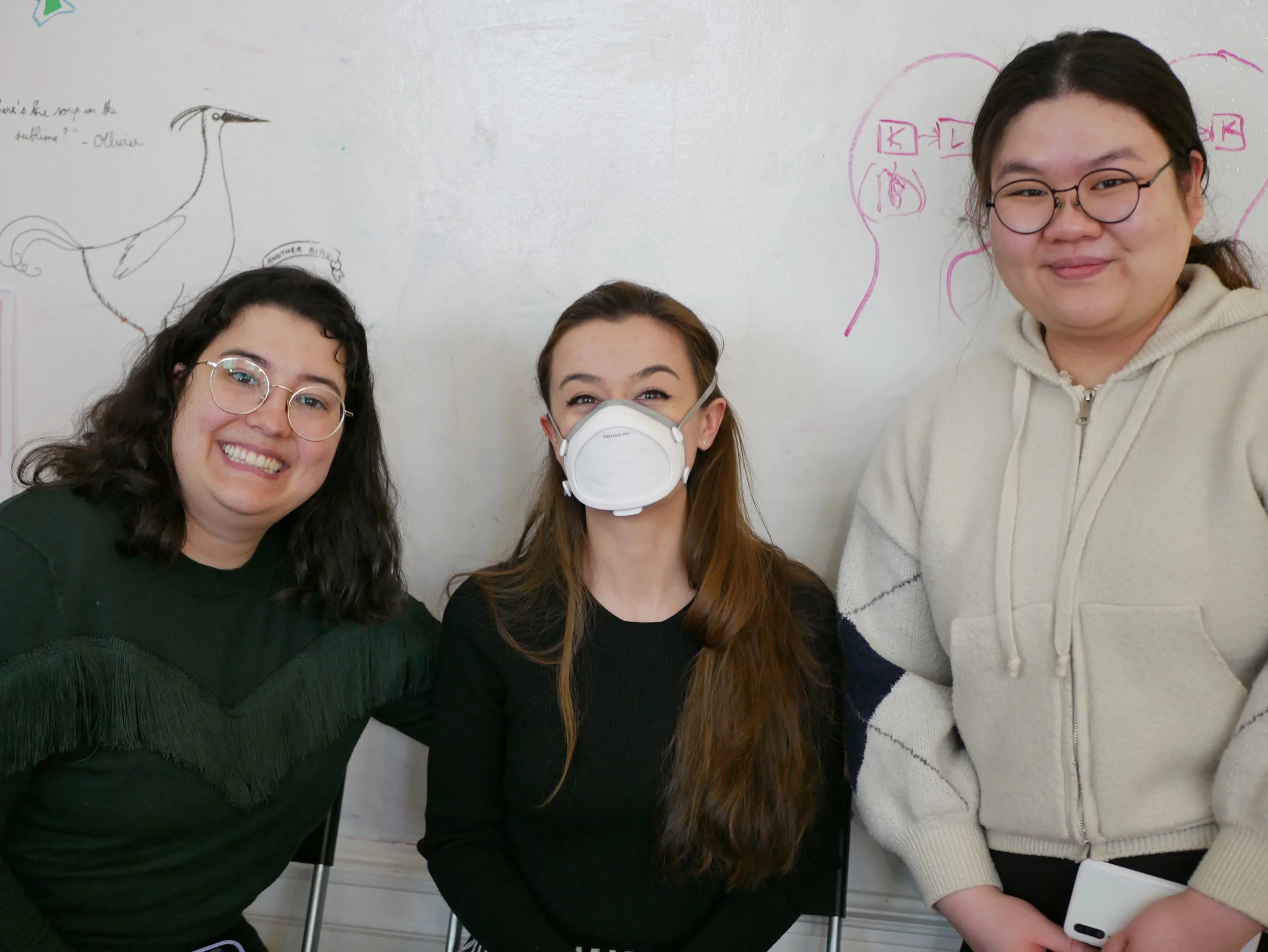
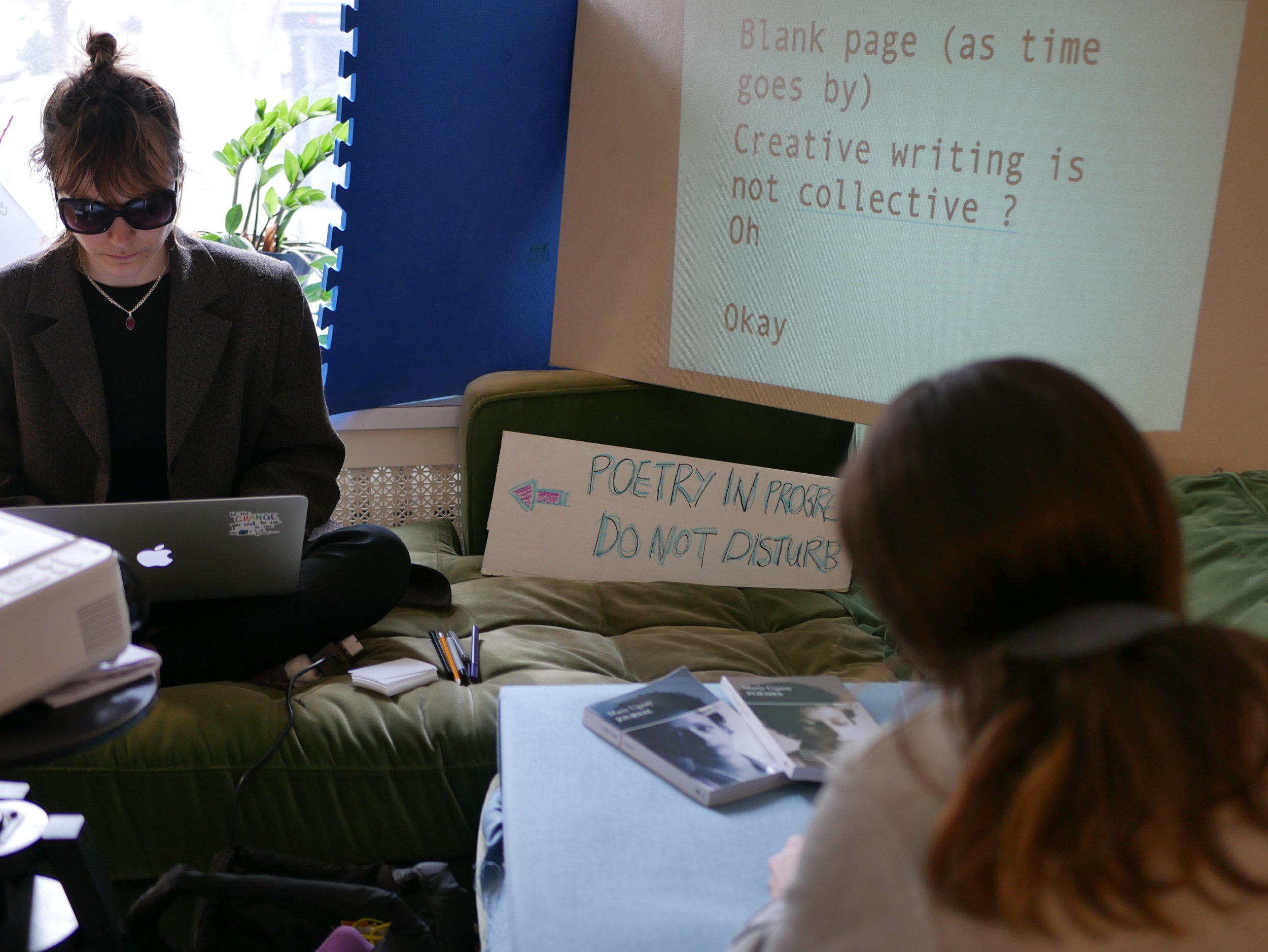
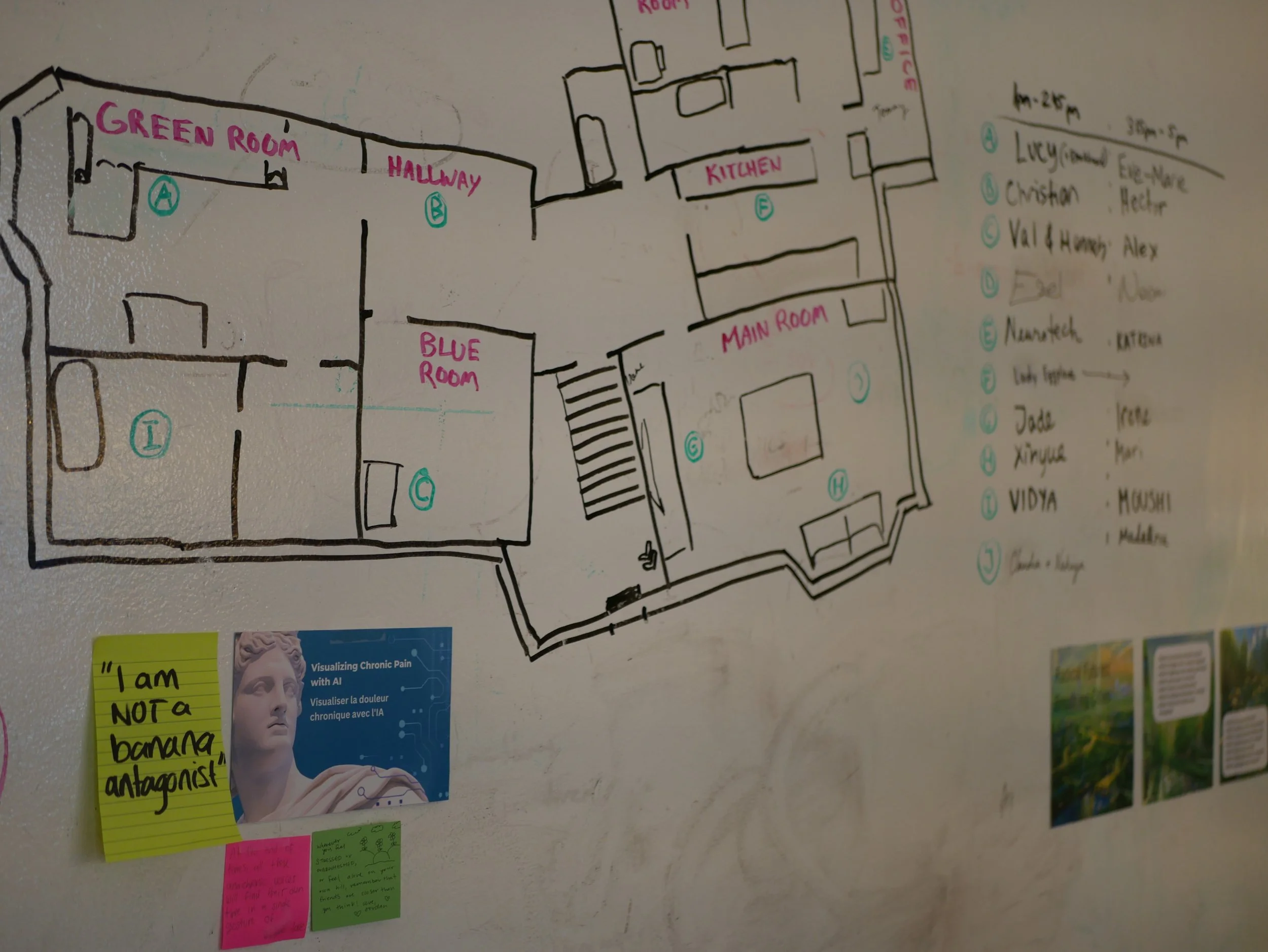
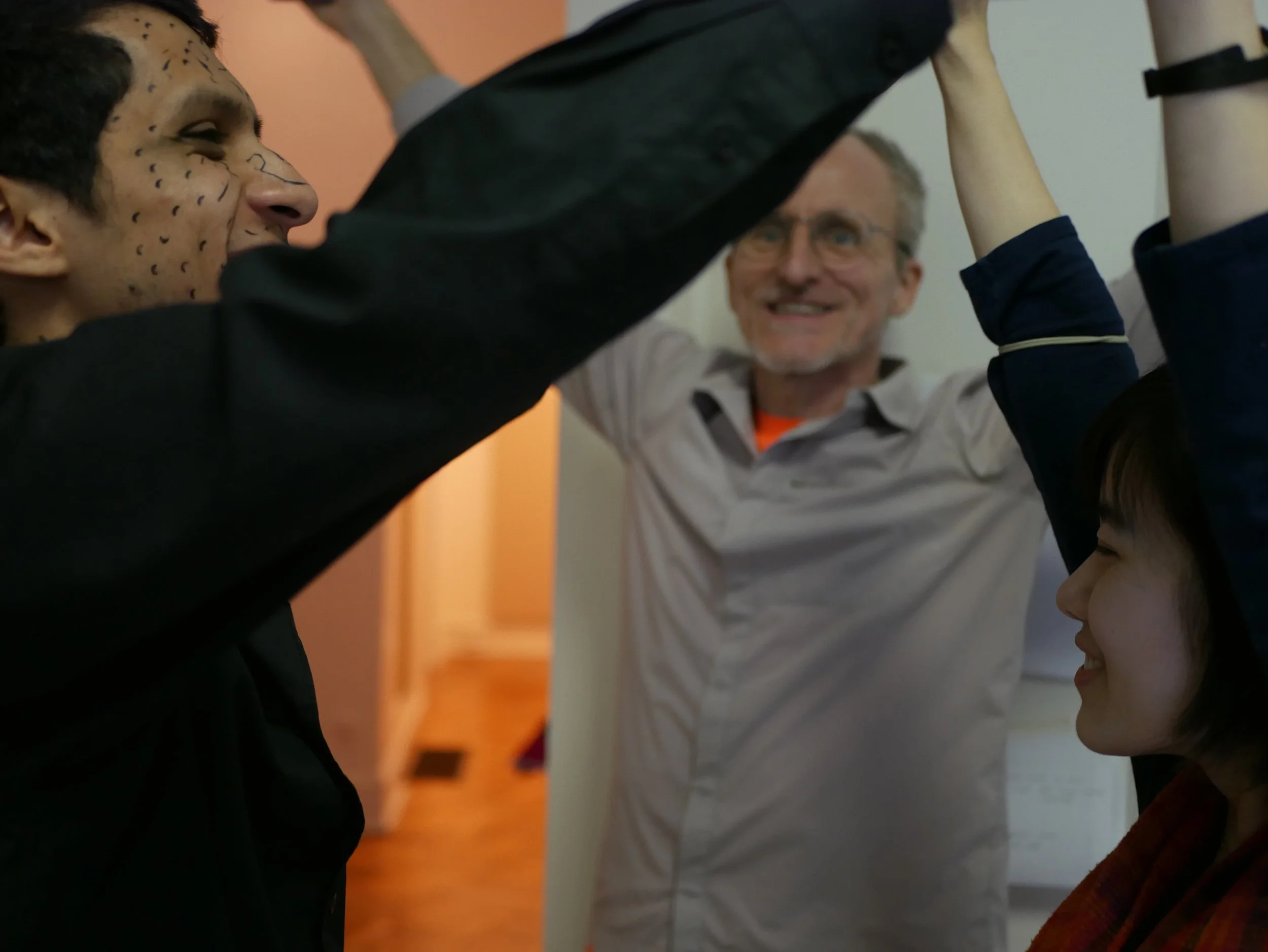
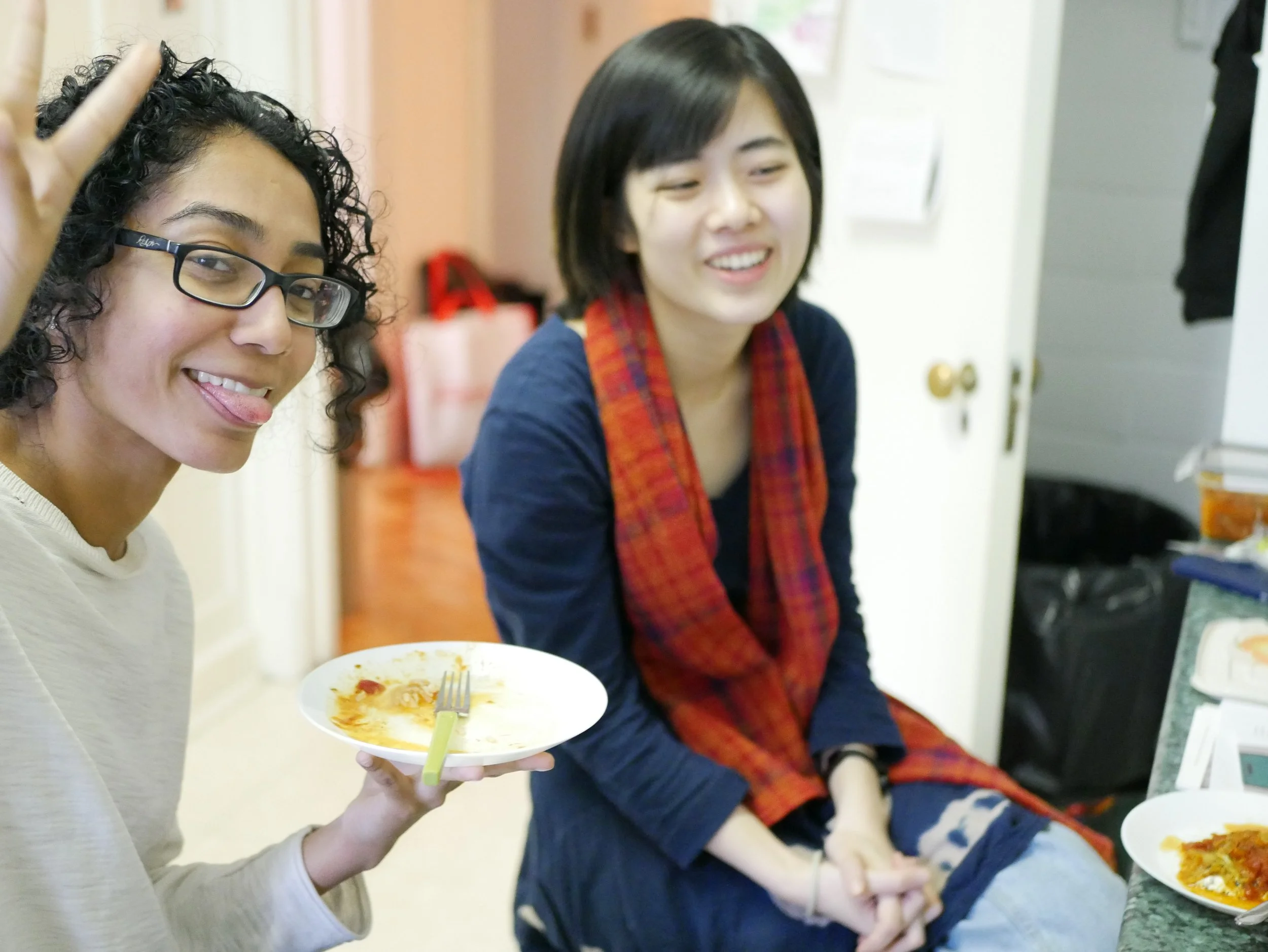

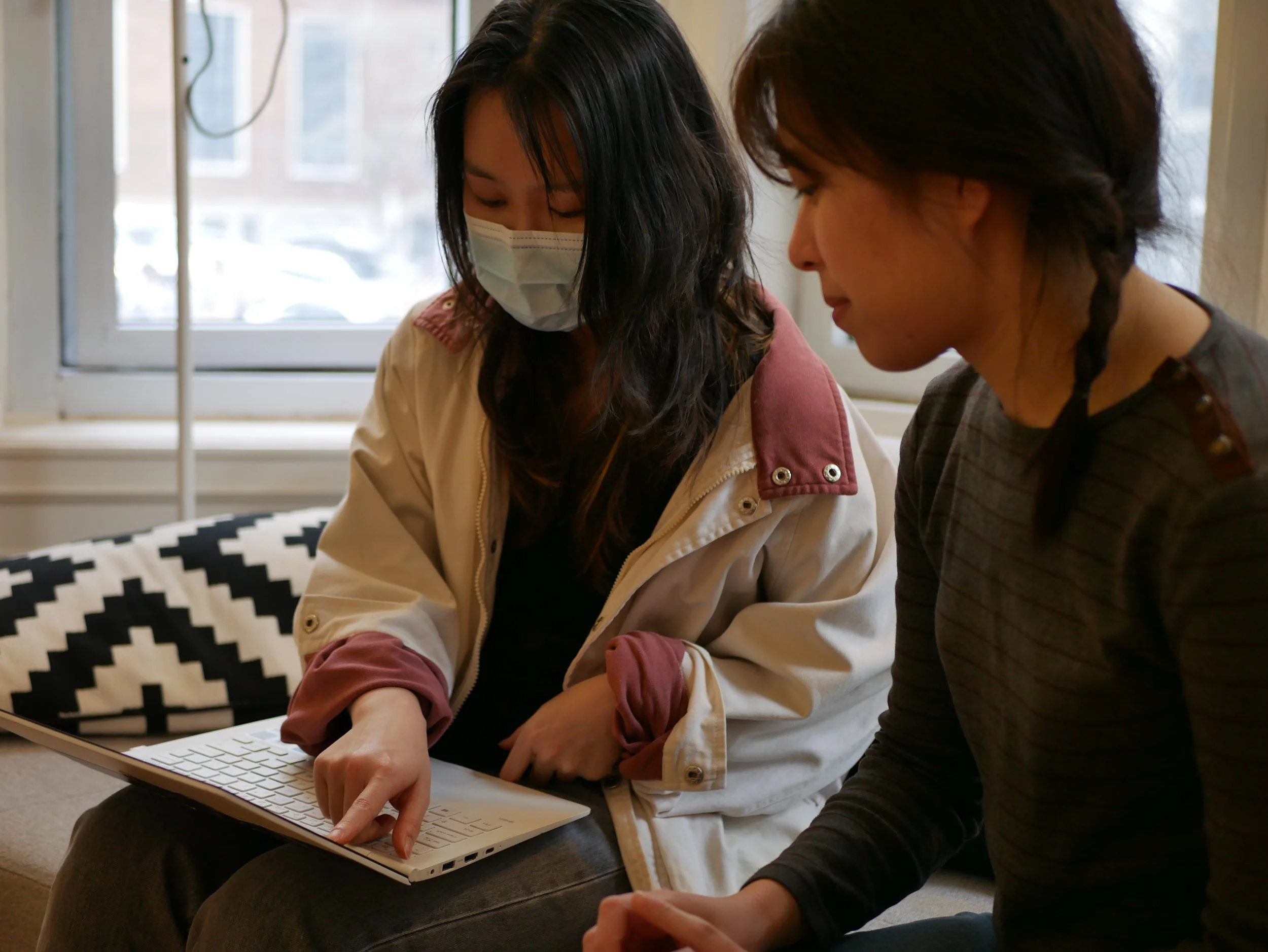

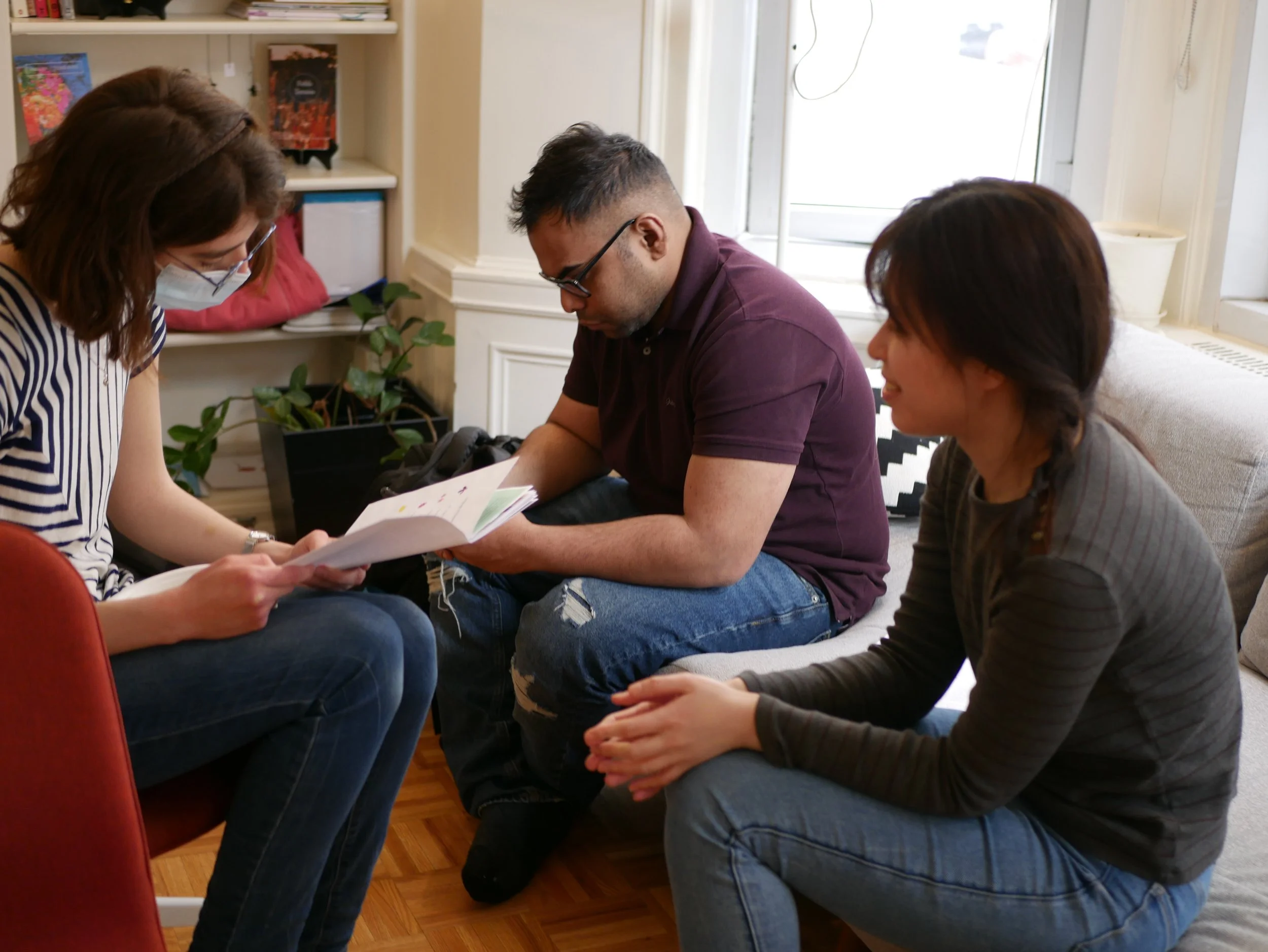
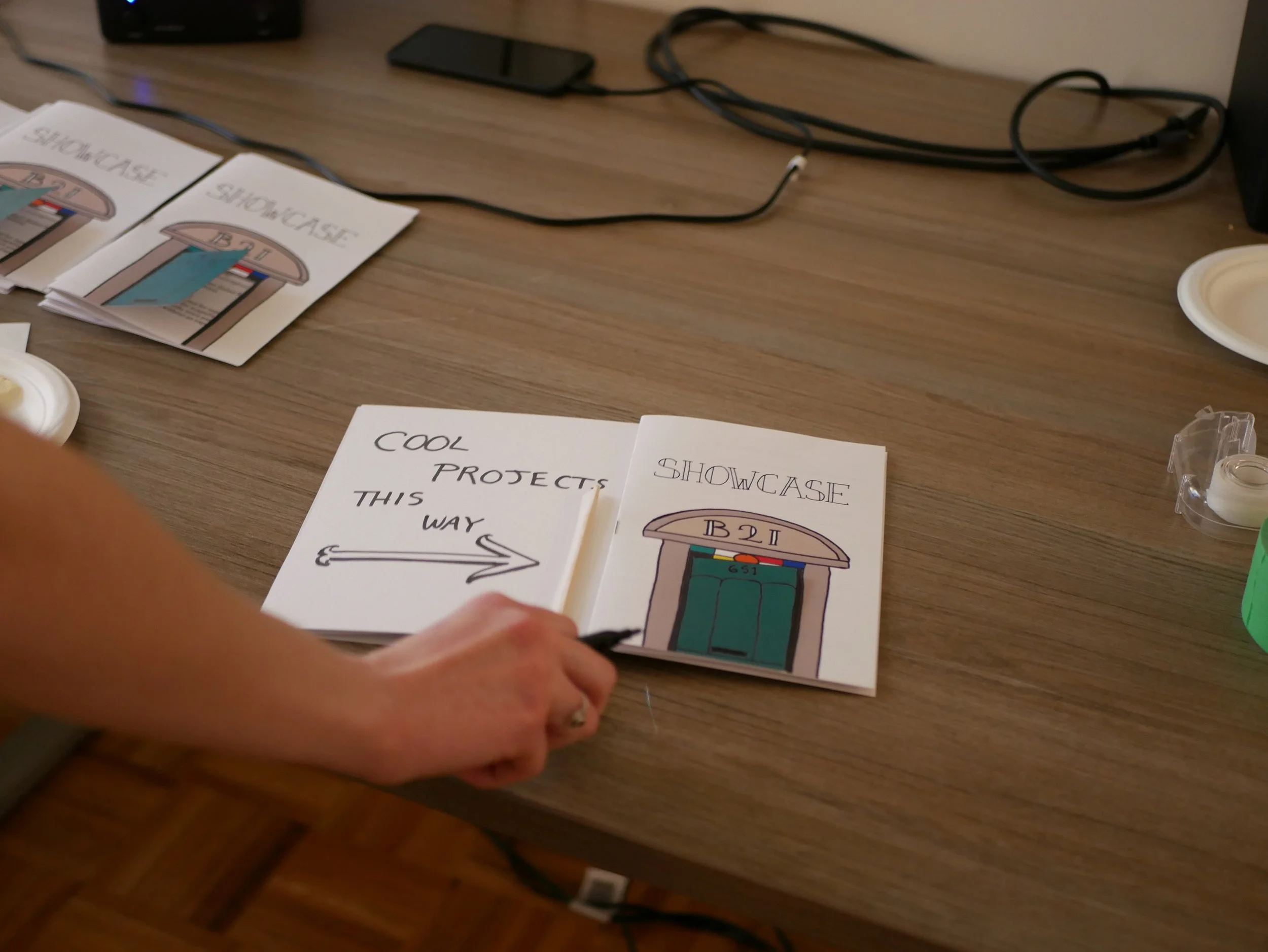
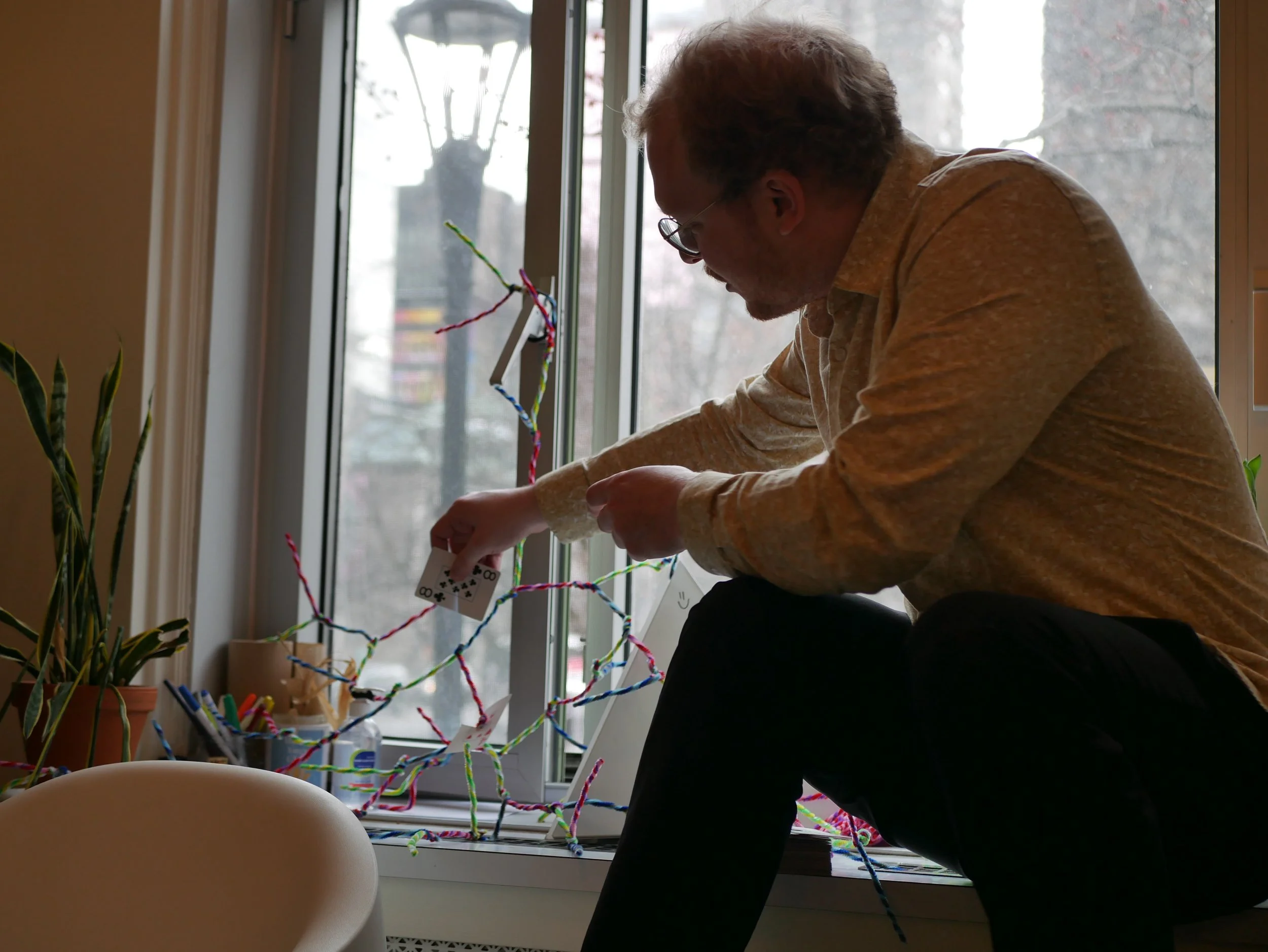
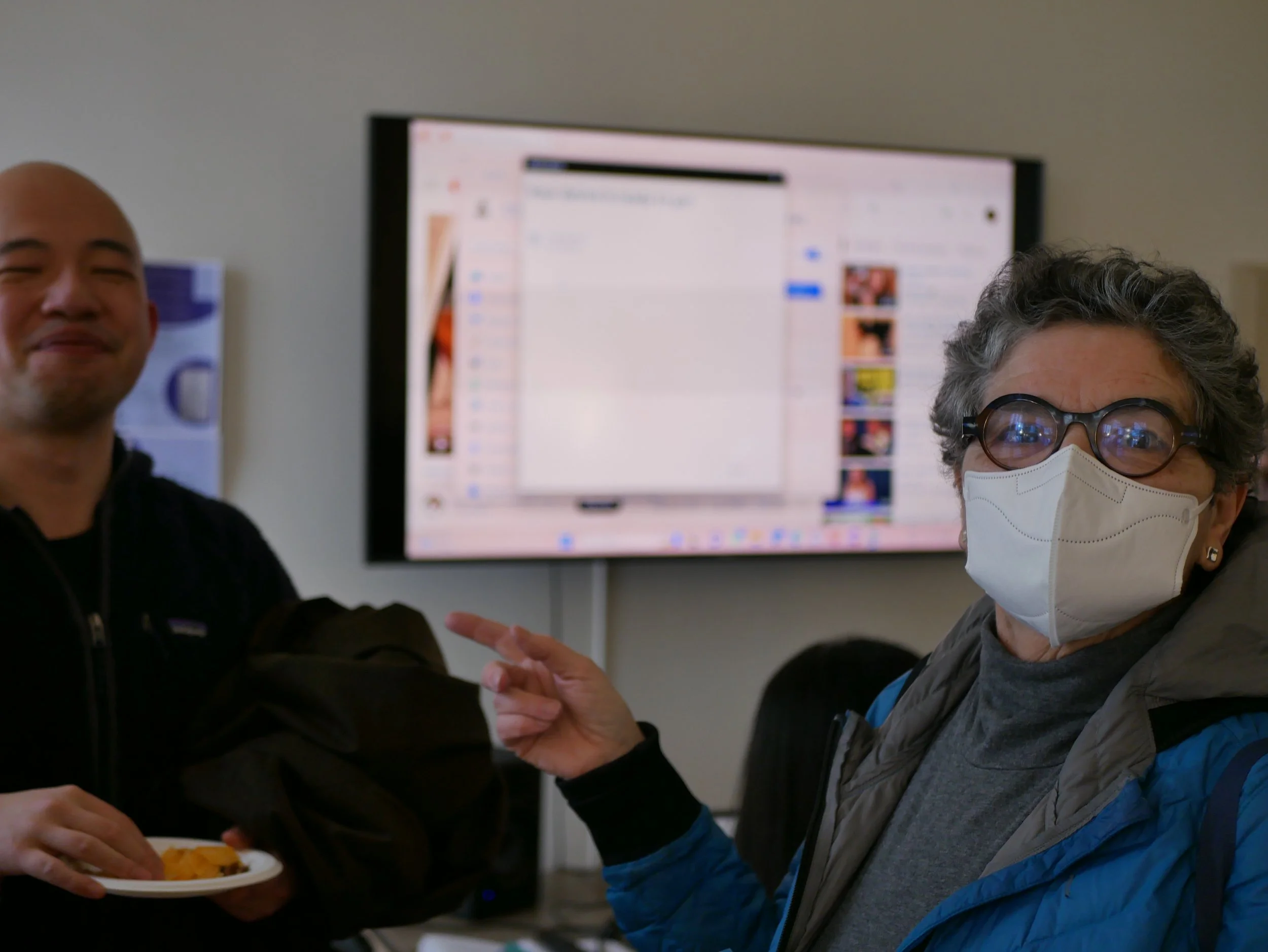
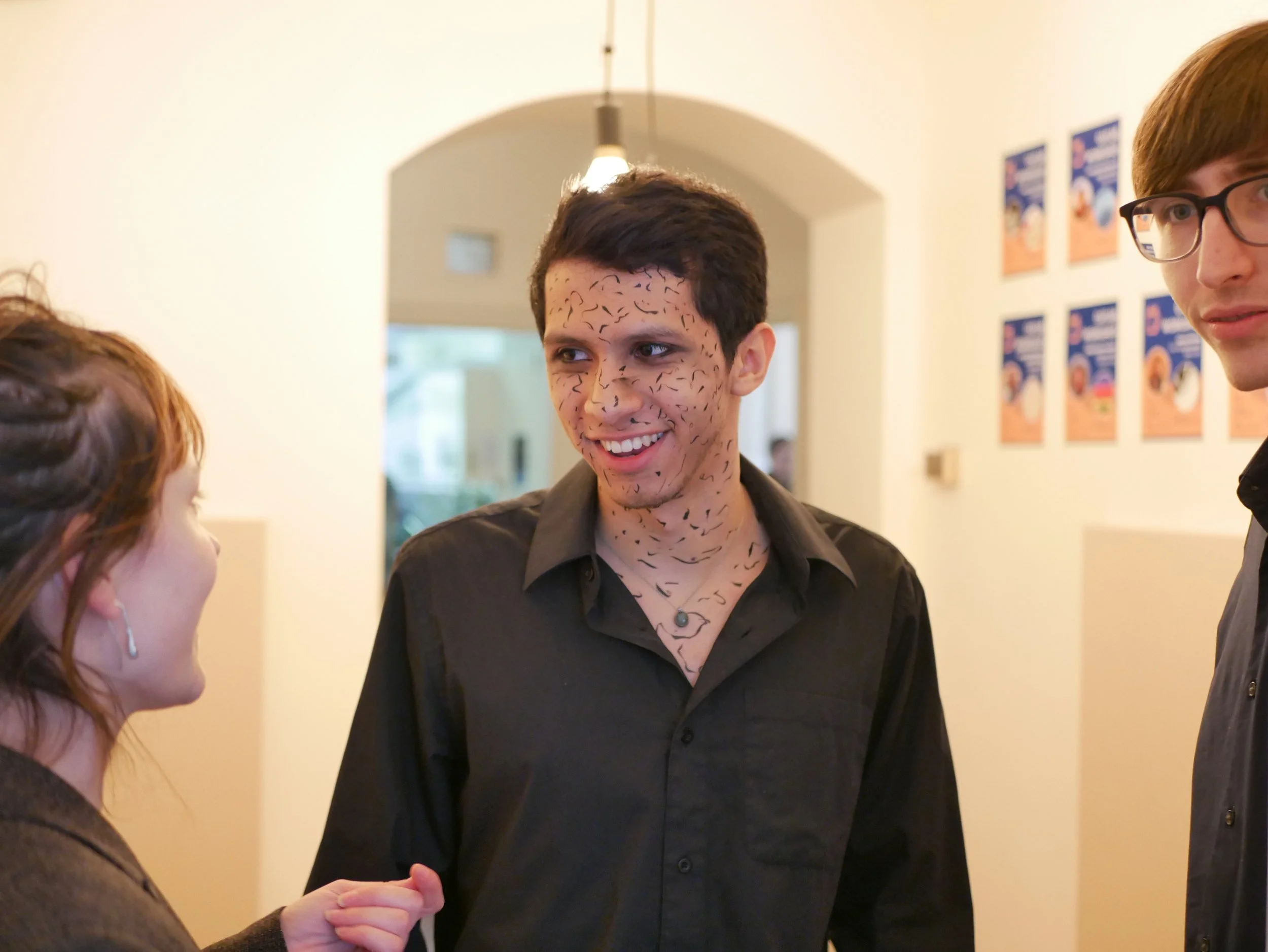
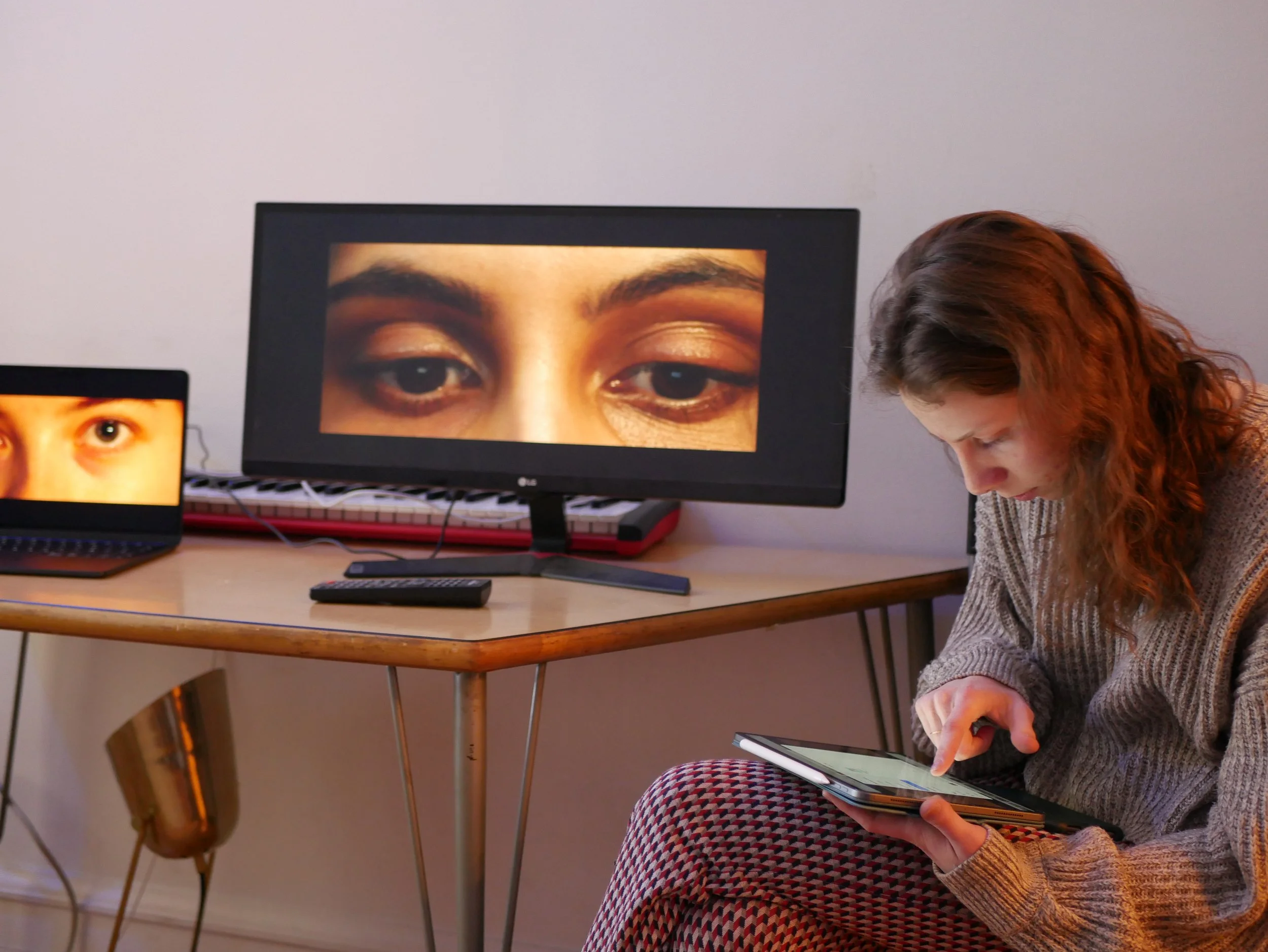
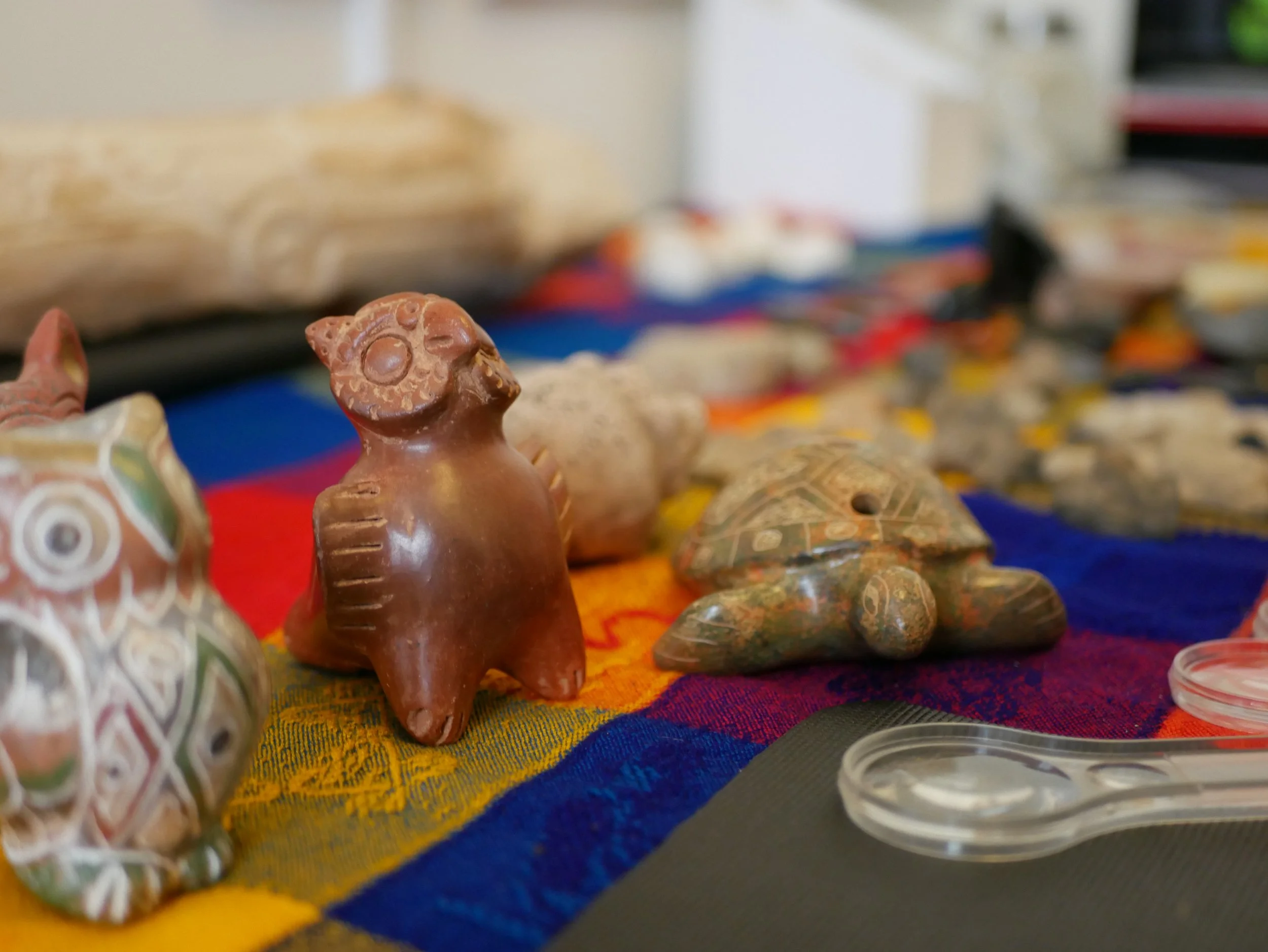
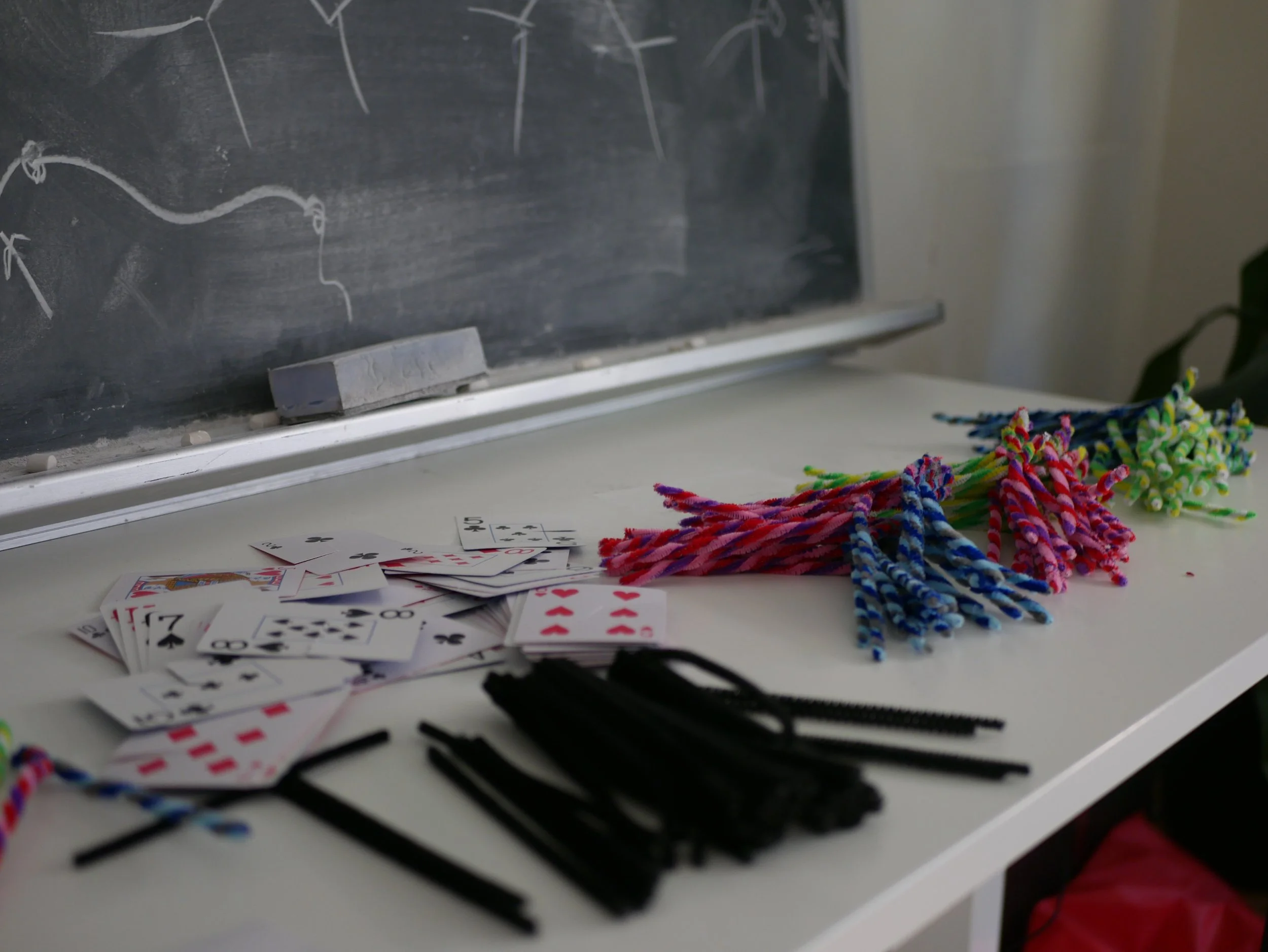
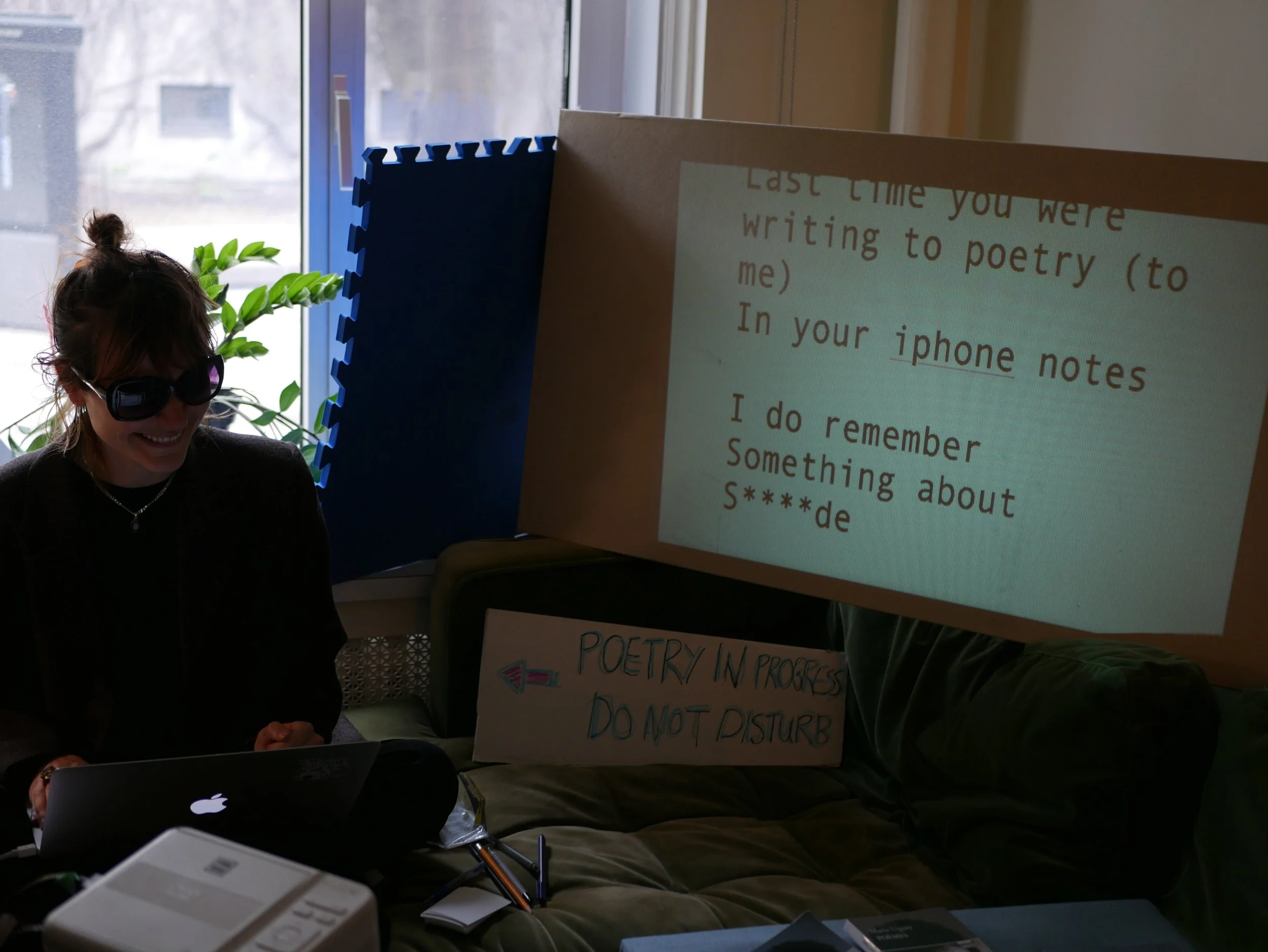
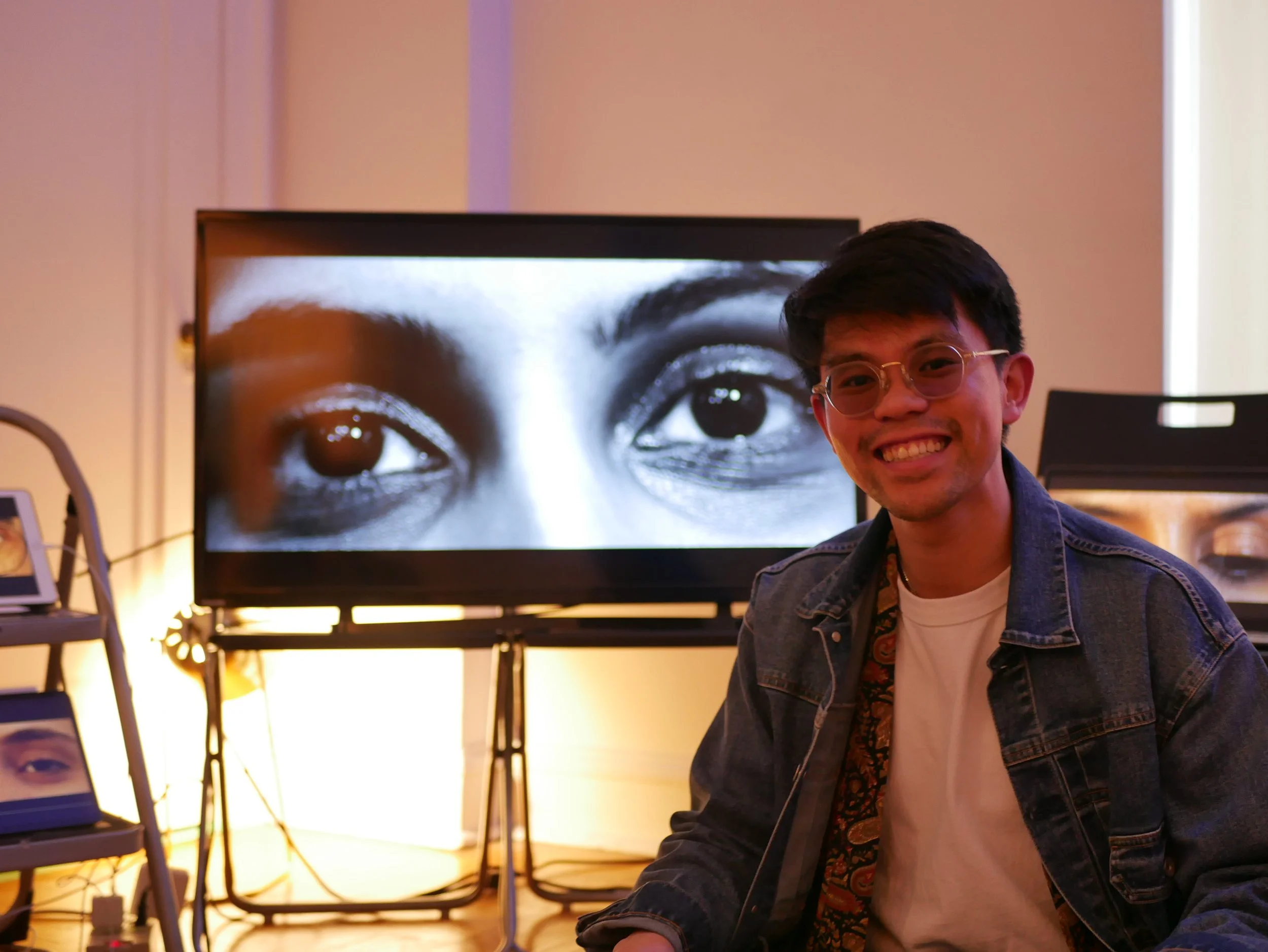
Curious to see our scholars’ final projects? Check out our Featured Projects page!
Isabelle April
I am interested in the variations in the way people experience their mental life. Some questions I am exploring at Building 21 are “What are the limits of language when expressing how we experience our stream of consciousness?” and “How much control do we have over our thoughts?”
Naomi Askenazi
I am a Cognitive Science student in my final year at McGill, and the focus of my project at B21 is dream science. The questions my project looks to answer are ones about dream collection and optimal representations. How can we break down and rebuild dream memories so that we are most connected with what we experienced throughout the night? What is the best way to visualize our dreams? Is any dream representation ever going to be “good enough”?
This project began while I was working on my honors thesis: a literature review about the methodologies of dream collection. In doing research for this review, I became curious about what the most natural form of dream collection would feel like. I experimented with the collection of my own dreams and began toying with ways of note-taking that would allow for the most amount of content to flow freely onto a page. I ended up with a new method, one that allows the dreamer to perform research on their own dream content. It consists of a template for collection, a new form of analysis that will allow dreamers to visualize their dreams, and a log to track dream content and movement over time. Each step requires the dreamer to play detective, ask questions about their experience, and grapple with what their dreams mean to them. Ultimately, I hope that this method can be used by scientists as a tool for dream research, but I also imagine this approach to be a fun gadget for those who are curious about where their minds go at night.
Brooke Baker
I am a 4th-year student in the joint Bachelor of Arts & Science program majoring in Molecular Biology and Drama & Theatre. Despite having been diagnosed with dyslexia at a young age, I have never been formally taught about it in an academic setting. Through my project, I will be exploring how a dyslexic individual’s brain compares to a neurotypical brain and if there are any evolutionary benefits to being dyslexic that could aid the general population. Additionally, I also plan to research why there is a high prevalence of dyslexic people pursuing artistic careers, especially those involving acting.
I hope my project will be able to educate others about what life is like with dyslexia and how dyslexic thinkers can develop innovative solutions to a given challenge.
Valerie Bourassa and Hannah Derue
Recipients of the Cordelia Dingle Fellowship
One in five Canadians will experience chronic pain at least once over the course of their lifetime. Pain is fluid, influenced by genetics and sociocultural factors, and incredibly challenging to quantify. It is not only difficult to conceptualize but also a challenging experience to communicate to others. A large group of individuals at McGill are living with chronic pain and feel unseen.
In this project we aim to bridge art and science to answer one of the fundamental questions of the human experience, which is “what does pain look like?” Using artificial intelligence, we plan to produce artwork derived from the testimonies of individuals at McGill living with chronic pain and share this art with the community in order to promote awareness of chronic pain conditions and create a more inclusive environment for our peers.
Kristofferson Brice
I've always enjoyed the visual arts as a way to challenge myself. Without aiming for professional work, anyone can enjoy an art hobby as self-expression.
Over the years, I've had many teachers with specific approaches and I now wish to transmit what little I know.
Somewhere between education and therapy, there must be a way to convey basic tools that could help others find their own artistic path.
Let's demystify the unknown!
Alex Nicholas Chen
I am a 4th year Cognitive Science major whose project explores the conceptual possibility of a slow social media. A foodie at heart, I have a deep appreciation for how food can facilitate moments of being-alongside-one-another in ways that are engaging yet not addicting, in modes that are deeply satisfying, replenishing, shiok! This inspires my conviction that another genre of social media can exist: one that is more intuitive and psychology-sustaining than its current iterations.
I hope to apply my training in Phenomenology, Psychological Anthropology, Cognitive Psychology, and Computer Science in envisioning the foundations of what a slow social media may look like—in terms of arrangements of sociality, conceptions of digital selfhood, worldhood, and our natural cognitive parameters.
Christian Denis
Emergence and emergent properties occur in virtually all fields of study. To my sense it's always been a bit of a mysterious and impressive idea: systems on a macro level behave completely differently than systems on a higher level. Much literature on the topic discusses it in a very loose and qualitative fashion. A clear, rigorous, and quantitative formalism of emergence seems to be lacking. My project aims to hypothesize a clear definition of emergence and the mechanisms causing it. To do so, I am using tools from geometry and abstract algebra. The goal is to relate emergence to the change in the symmetries from one system to the other.
Lucy Ferneyhough
Objectivity is the goal that is baked into the foundation, process, and results of modern scientific investigation, despite the fact that the human experience is inherently subjective. This seems to me like an unnatural disconnect that causes many important aspects of our lived world to be ignored, which can pose significant challenges in fields like healthcare where improving a person’s subjective experience is the central focus. As a result, I want to explore new ways of conceptualizing what objective and subjective really mean, including what the limitations of objectivity are and what is lost when subjective information is dismissed. This project will also involve examining how we can best understand other people’s subjective experiences, specifically through the lens of people-watching as a powerful way to approach seeing the world from someone else’s perspective, since third-person observation can create space between yourself and your own subjective world in a way that directly interacting with someone does not.
Elena Frie
My project aims to draw on the fundamental principles of ethnography to produce short videos that capture the "texture of everyday life" here in Montreal, and in future, elsewhere. Having discovered Anthropology late in my studies, I was struck by the capacity that deliberate attention to minutiae has for communicating the intangible feeling of a place and the people that fill it. In an era where we are increasingly connected, fears and assumptions about cultures that are not our own persist. Thus, at B21, I wish to explore the potential for slow video to communicate the culturally situated human experience, in an effort to counter the superficial, fast-paced impressions of other cultures that we consume in contemporary media. I believe that the tools of ethnography have a role to play outside of academic writing and the walls of the Anthropology classroom. My hope is to use these tools here to capture the beauty that is always present within daily life.
Jade Jasmin
Can we better understand women’s intergenerational traumas through poetry? If we consider poetry as the reflection of the free associations we made with words when we’re young, can we use it to better understand the psyche of the author and therefore their traumas?
I would like to study the poetry of women, from the first poetess to the present day, in order to see if we can find marks of the legacy of an intergenerational trauma. I am particularly interested in the impact of patriarchy on women. I would then like to observe how this legacy can translate into metaphors in science.
Audrey Jiang
As a knowledge omnivore, I enjoy the multi-dimensional way of understanding the world. This year, I am doing a few different projects on the theme of diaspora. In my project at B21, I will focus on eggplant, and particularly eggplant dishes in ethnic food restaurants in Montreal using anthropological methods, in which I will explore questions such as what authenticity is, who owns the authenticity, and how memory plays a role in food-making. Ok, now it’s time to dip in!
Katrina Kosyk
I’m considering the “politics” of sound, which refers to the processes that seek to promote, capture, block, or impede sound, to encourage specific forms of cultural expression. I’m particularly interested in how late Postclassic to early colonial period (ca. AD 1325-1650) communities from central Mexico negotiated and mediated sound. For ancient central Mexicans, sound was used in a variety of ways, such as for sonic warfare, during ritual and celebratory performances, and as a mnemonic device making connections between people and places. Archaeologically and in historical and pictorial documents, we can see the maintenance of traditions in the material record in how people made and played musical instruments, and in other ways of making sound. Yet, during the colonial period when there were significant changes made to traditional ways of life, sound did not have abrupt boundaries or distinctive thresholds. Rather, sound became more complex in a different socio-political context and space, and the density and physicality of sound became a force of social transformation.
Héctor Leos
What fascinates me the most about the cognitive sciences is that they involve the use of our intellectual faculties to capture the human intellect itself. A species endowed with self-awareness, we have made ourselves our own subject of study. How did we get here? Picture this: these apelike hands, moving close by… they feel like something; through them, there is touch; similarly, there is sight and there is hearing, and the object of these senses is a world out there which is envisioned as reality; just as whatever out there is real, whatever is inside must also be real; thus, there must be such a thing as myself. Before, there was just a feeling; now, this feeling has an owner who can be studied scientifically.
A majority of scholars trace the philosophical root of the cognitive sciences to Descartes, who is commonly known for his statement: “I think therefore I am.” And although we have moved on from the philosopher’s worldview, it is still silently present in the ways we think of and study ourselves.
What if, like Descartes stated, self-identity is a direct outcome of rationality? Would dispensing with this rationality give us an egoless experience of reality, and if so, what insight on human existence could we gain out of this experience? My goal at Building 21 is to attempt to answer these questions by combining the methods of Western science and Eastern thought, and by expanding on ideas coming from phenomenology, existentialism, and process philosophy.
Xinyue Ma
Of all the different types of music, a cappella is special because there's no instrumental accompaniment; it is the voice that matters. It exemplifies the beauty of simplicity, but learning an a cappella song can be challenging, especially when the new song from your favorite singer has no sheet music available to learn. To distinguish each voice part is mostly a manual process that requires expertise in music, while the task is prone to mistakes and time-consuming. At Building 21, I proposed to use machine learning to automatically separate and transcribe voice parts in acapella songs. Ideally, such a tool can make learning a capella much easier and encourage more people to have a taste of the beauty of a capella.
Victoria Macheroub
I’m a second-year student at McGill studying Economics and Social Entrepreneurship. At B21 I'm working on a project regarding the current mass extinction we’re undergoing, and trying to figure out what would be the outcome of this mass extinction, how this would change the face of the earth, and what would come after? There’s a whole idea of regeneration behind my reflection.
Ève-Marie Marceau and Antoine Poulin
Antoine Poulin, a PhD student in mathematical logic, and Ève-Marie, an undergraduate student in French literature, met in CÉGEP a few years ago. Their path diverged but they kept on sharing similar interests such as creative writing. They now both are part of the executive team of the Collectif de poésie francophone at McGill.
Recently, as Ève-Marie was doing research on Marie Uguay, a modern French-Canadian poet, they started questioning the idea that fragmentation could open on the « [infinity of discoveries] » (Marie Uguay, Journal, 2005, p. 203). For this project, they chose to focus on the idea of infinity in the interpretation of poetry. How can words be transferred in a mathematical language as to construct a model for detecting the sublime in a poem? Are there definable aspects of the poem which correspond to such things as dimensions, complexity, entropy, etc.? What pressure do the expectations of a reader in front of a given text exert on the words that constitute the text ?
Ezelbahar Metin
Ever since I was a kid, whenever I was on a car ride, I'd imagine a favorite video game character of mine running parallel to me and doing parkour over the obstacles on the street. A few years ago, I saw a post online that described almost exactly the same daydream, and several people had commented that they too had that same daydream, with the specific details varying between people. My project is to try to uncover how and why we seem to have recurrent "collective daydreams," and what other examples of them there are. This has led to a broader question to answer: when and why do we daydream?
Liliane Murdoch
How can the practice of artistic disciplines such as music, art or dance contribute to innovative ways of thinking and doing? How may these forms of expression contribute not only to greater individual well-being, but also to richer experiences on a community level in, for instance, a professional work environment? Additionally, to what extent does one have to engage in creative practice to benefit from it on a neurological or social level? Is it a question of nature, or nurture?
Moushumi Nath
What is the self? I am interested in gaining insight into the self by examining processes of buildup, contrasts, and breakdown. First, can developmental mechanisms underlying a neuron's ability to recognize itself and avoid itself in order to form synaptic connections with other neurons provide a framework for how a psychological concept of self may develop? Second, how do coming-of-age narratives differ in cultures of self versus non-self, the latter being inspired by Buddhist philosophy? Third, how does the self change following drug-induced phenomena of ego dissolution and in end-of-life transitions? The goal of my project would be to establish a simplified concept of the self, with factors that capture the dimensions between self and nonself. This goal is explored in the ambiguous environment on the existence of the self itself.
Irene Newman Jimenez
school as chore,
school as wit,
how can a place with so little of the room lit captivate our time and place.
it captivates my mind and space.
understanding, rejoicing, hearing, seeing, knowing.
school as an environment of love.
it can be one,
it can be fun,
but how can this space of love be done?
—
What is a place where you feel loved?
My project is focused on ways to cultivate an environment of love in classrooms. I’m thinking about snacks and soda, arithmetic and art, bean bags and beakers. I consider possible steps for teachers and students to all contribute to an environment of support, compassion, and ultimately understanding of one another’s beautiful perspectives.
Teegan Nordstrom
In collaboration with the Skoll Centre for Social Entrepreneurship at the University of Oxford, Map the System presents post-secondary students with a unique opportunity to deeply explore social and environmental issues.
The majority of the project will take place in the 2023 Winter Semester and is open to any and all McGill students who are passionate about finding lasting solutions to complex, systematic problems. Students will learn how to attack problems from a systems-thinking approach, which is an invaluable CV-building skill, and by the end of the semester students will have developed realistic solutions to the problem they chose to investigate. Plus, exceptional projects will compete at the Canadian finals, with the possibility of advancing to the Global Finals in-person at the University of Oxford!
Madalina Patron
As a 4th year Anatomy and Cell Biology Major, I would describe my time as an undergraduate as a rich and formative experience, greatly impacted by the communities and the projects I choose to engage with! Thus, my project explores the opportunities afforded to students to pursue their passions beyond their main discipline. It also explores how communities of practice welcome students and have important and lasting influences over their characters and attitudes. I hope to observe how such experiences shape students' sense of agency and autonomy and analyze how the latter further benefit their long term careers and journeys!
Mari Shishikura
How could we record emotions more precisely and efficiently? I am currently looking into how people have expressed emotions through different forms of art. I am hoping to identify what elements allowed for an artist to convey the emotions to the spectators. Can there be a novel type of “art” where people can express their emotions better? Can oneself or others re-feel those emotions through this means of art? One key art form I am interested in is picture books for children. This is because they play a role in nurturing people’s emotions, allowing children to feel and understand different types of emotions.
Vidya Sujaya
I am fascinated by the idea that people's experiences shape their use and take of language, such that everyone has their own "individual" language. Yet language is a common ground that allows communication, so how can individual languages and effective communication coexist? To begin answering this question, I'm using language models and reinforcement learning to model an individual language and use it to explore the following question: "Given one's individual language, how can they tell anyone anything in any amount of time?"
